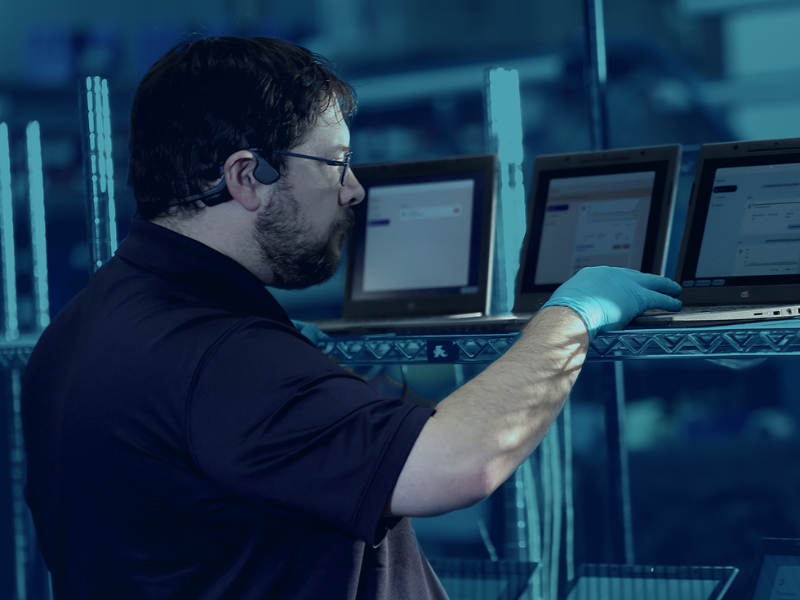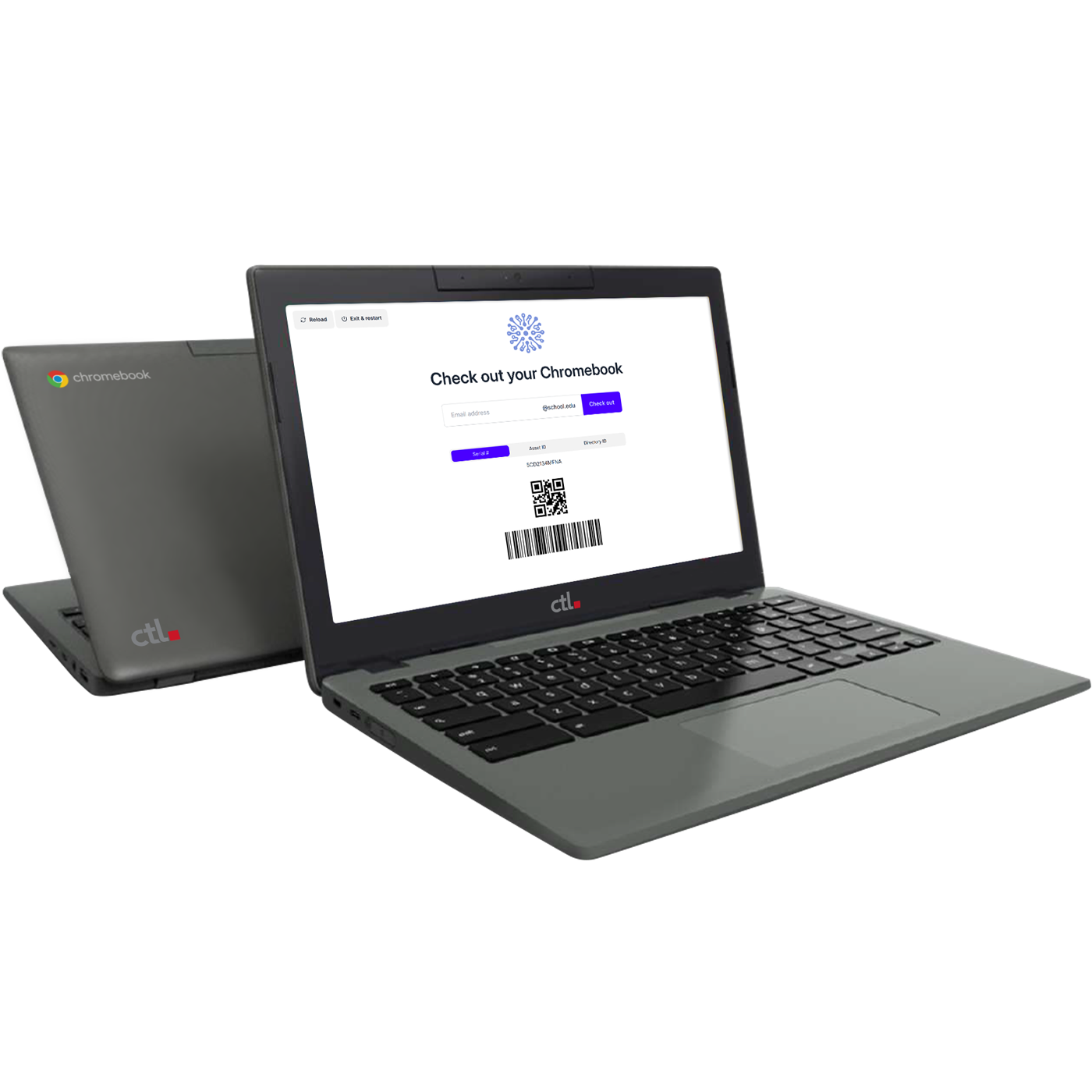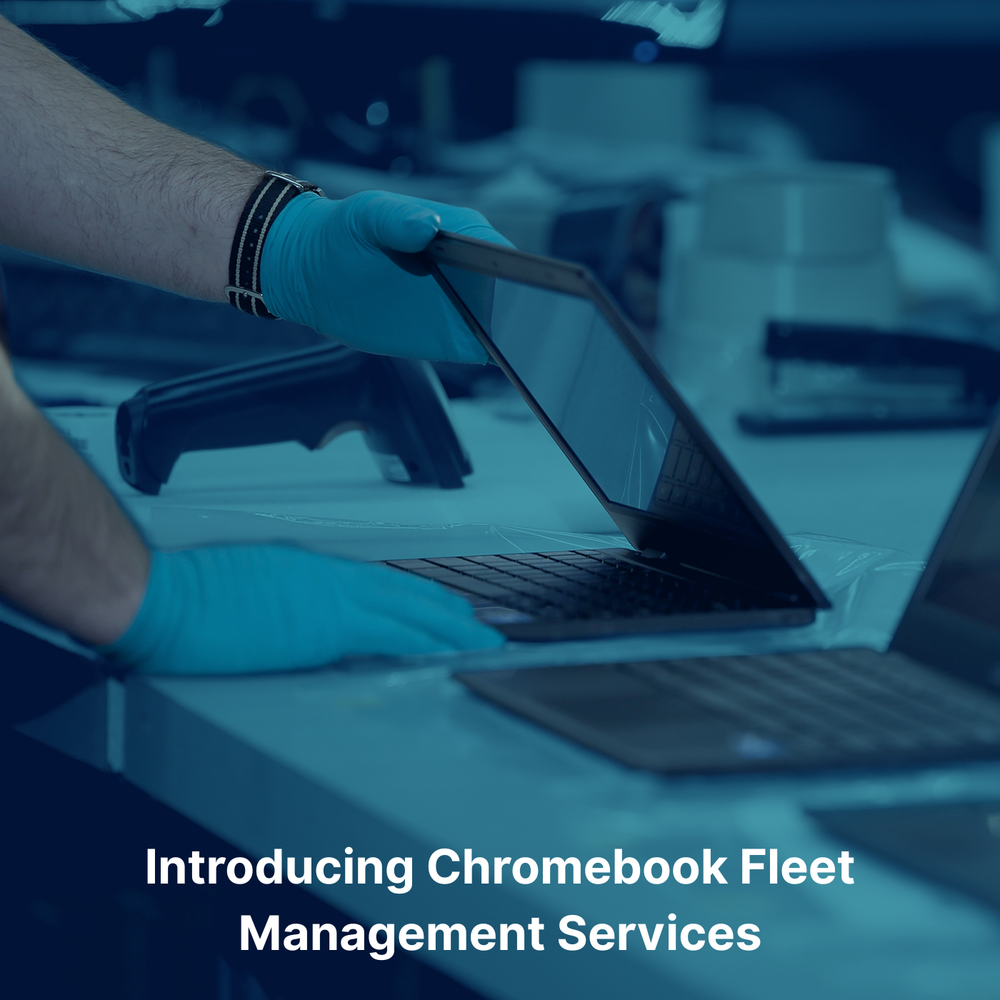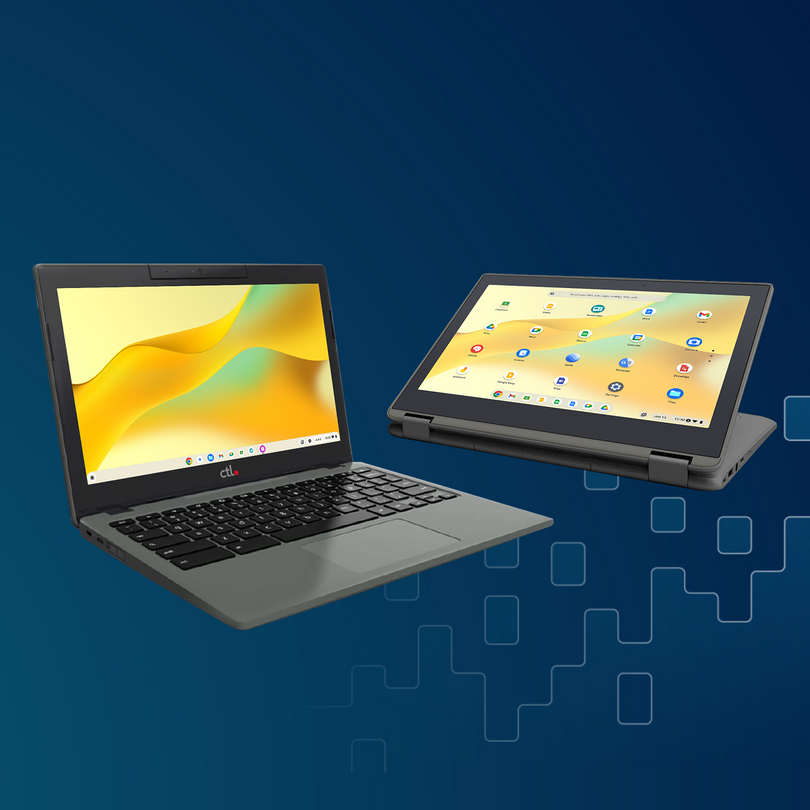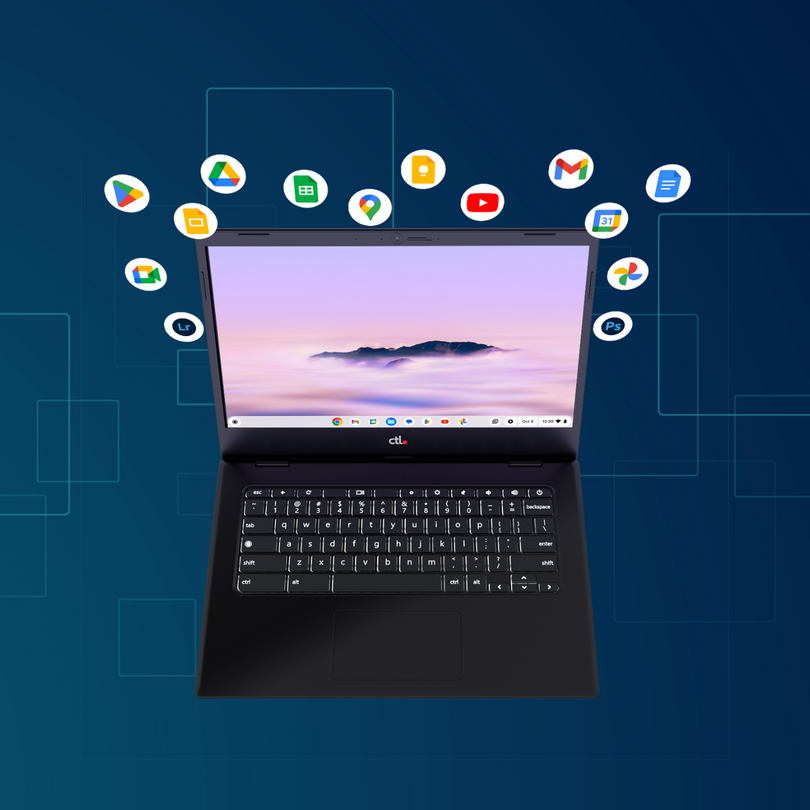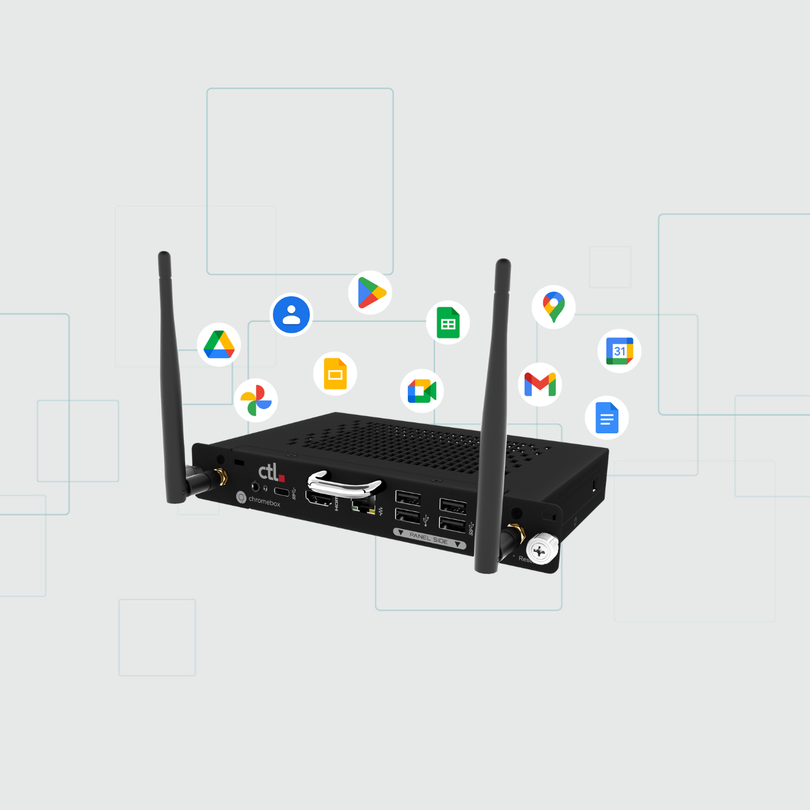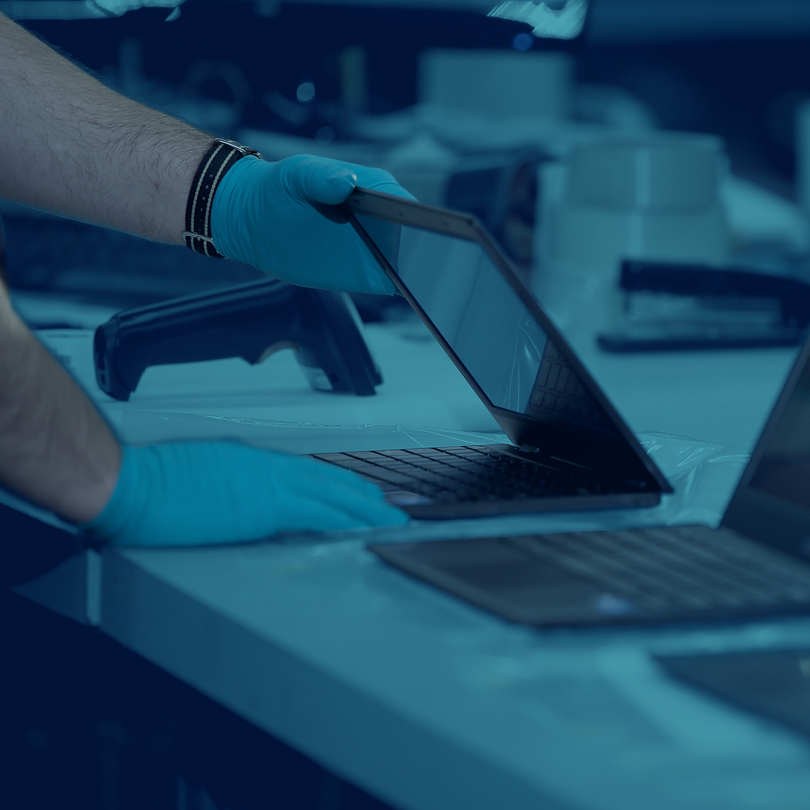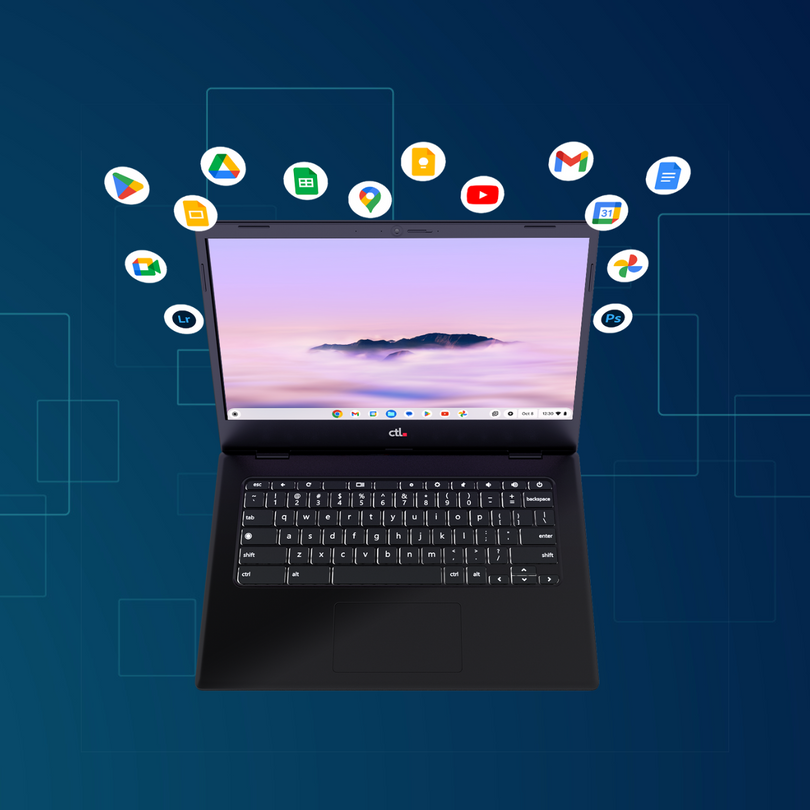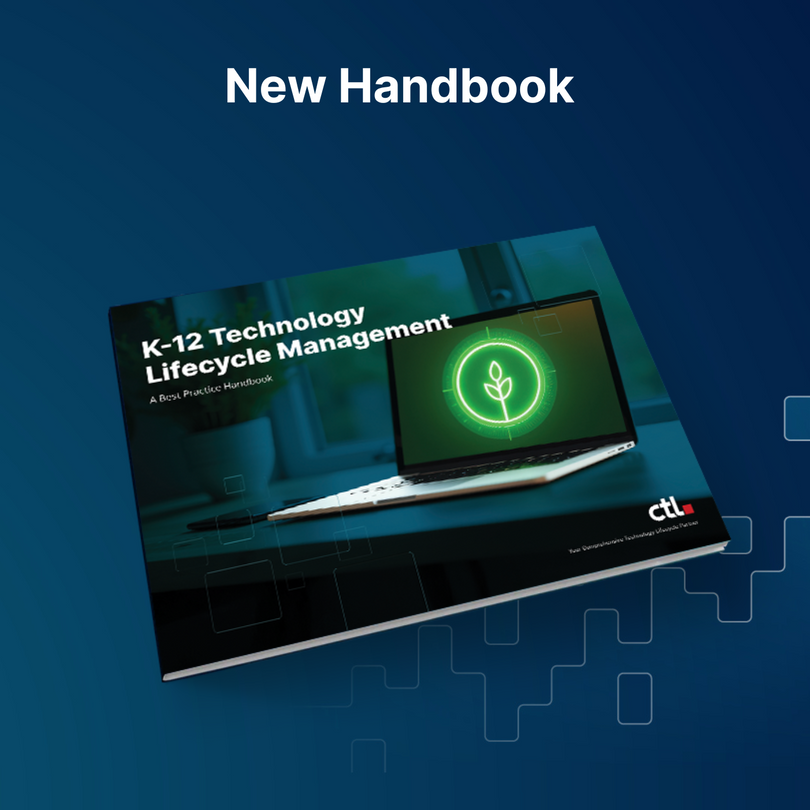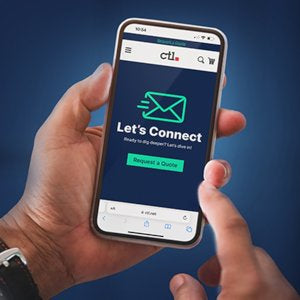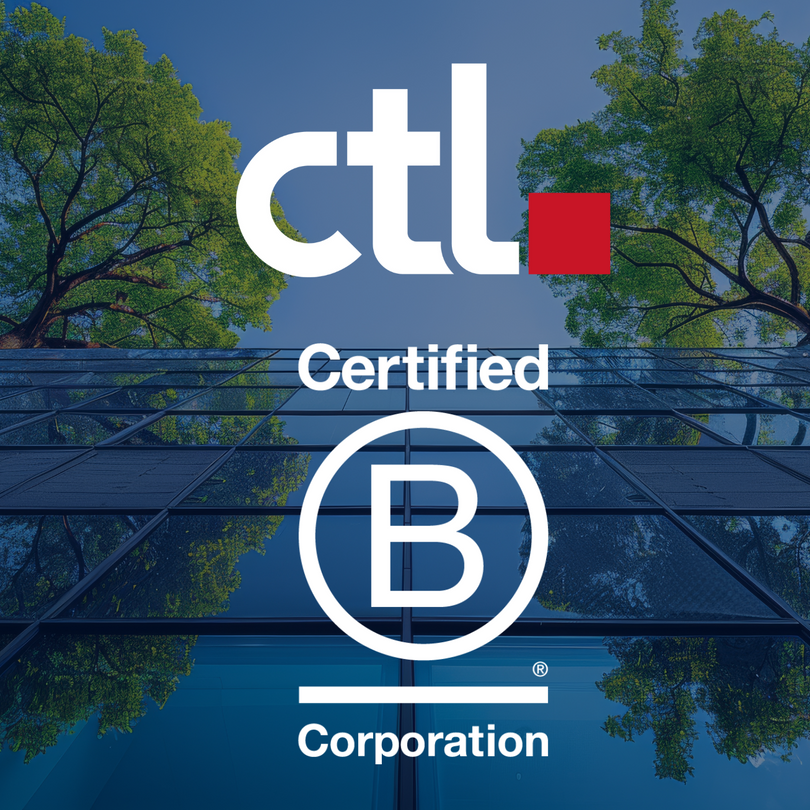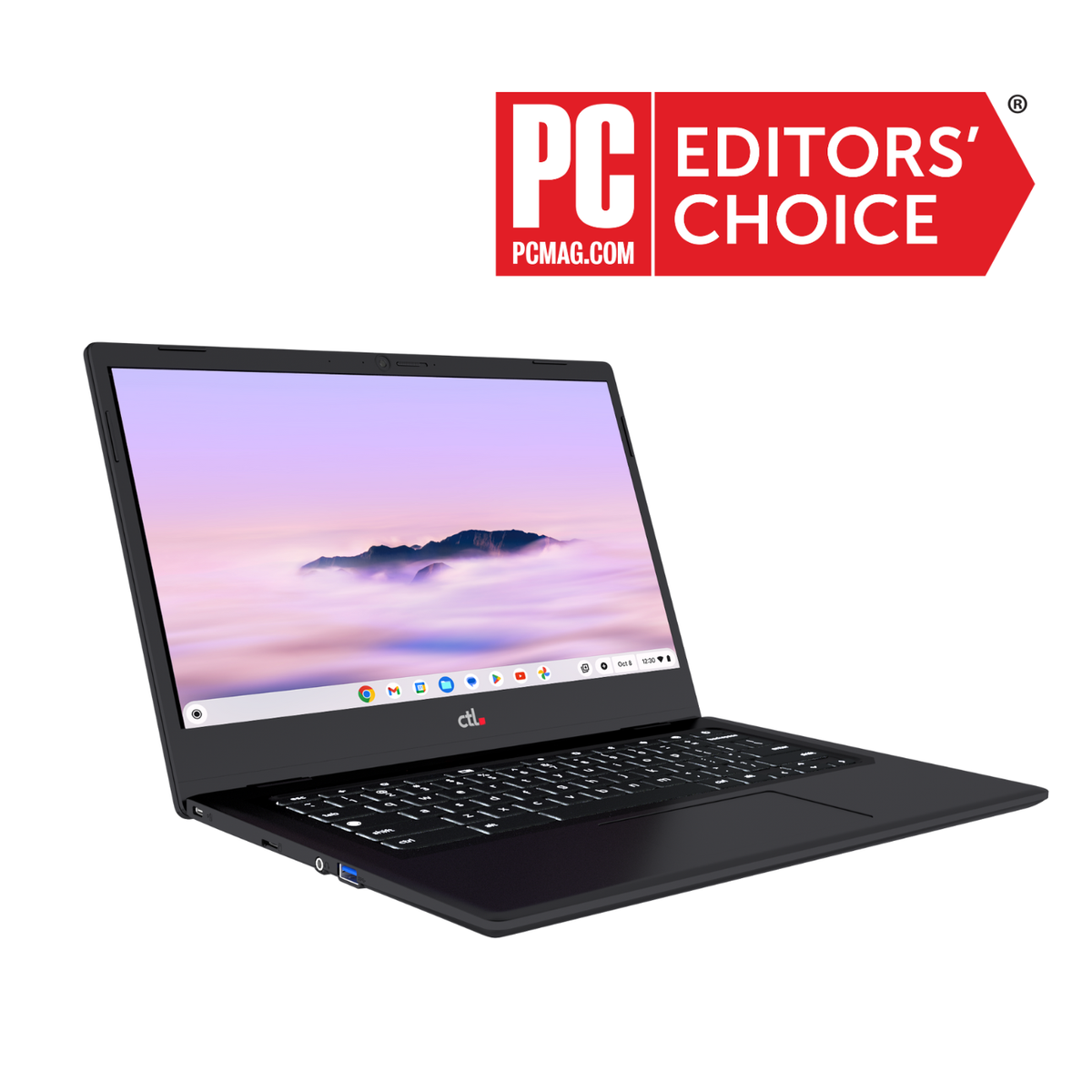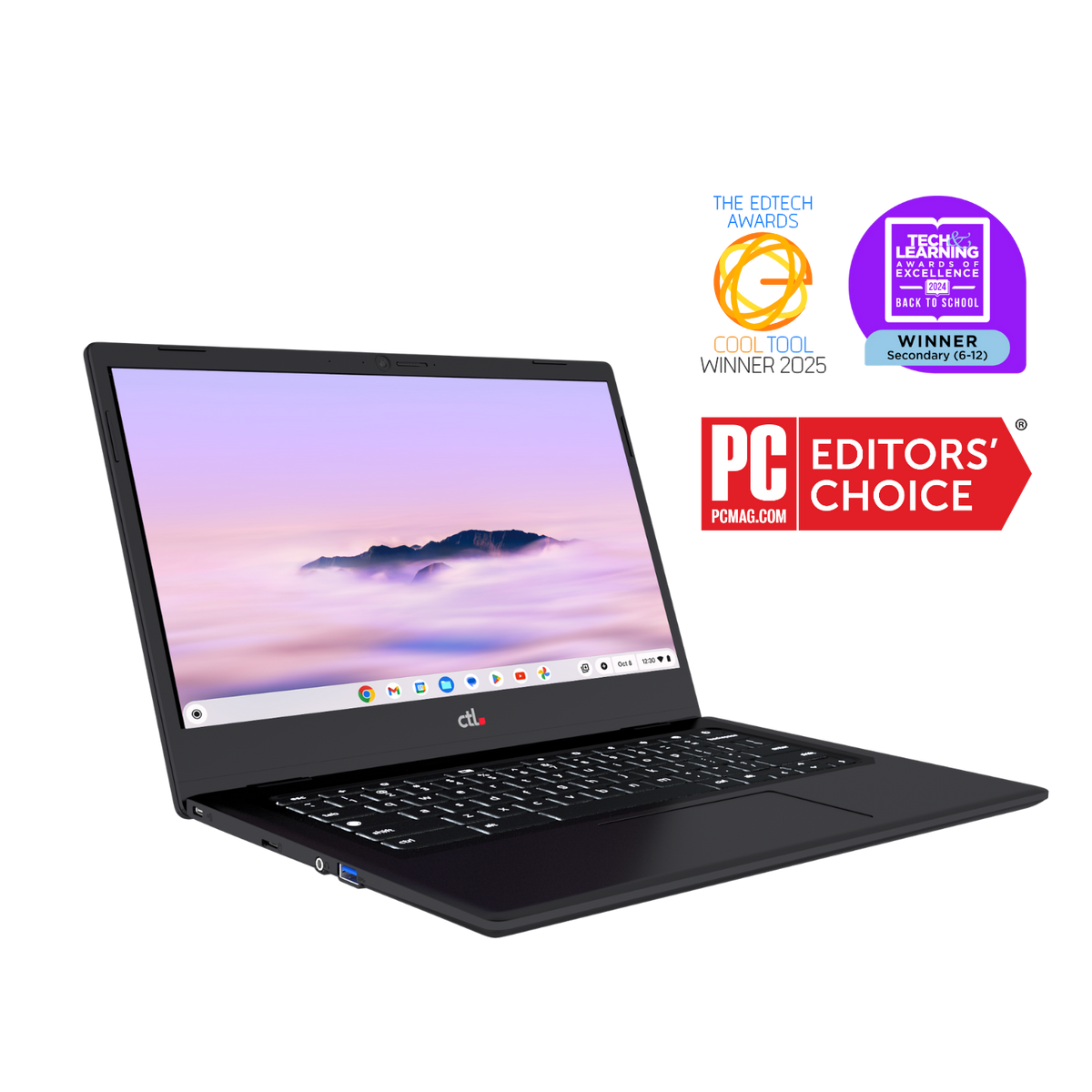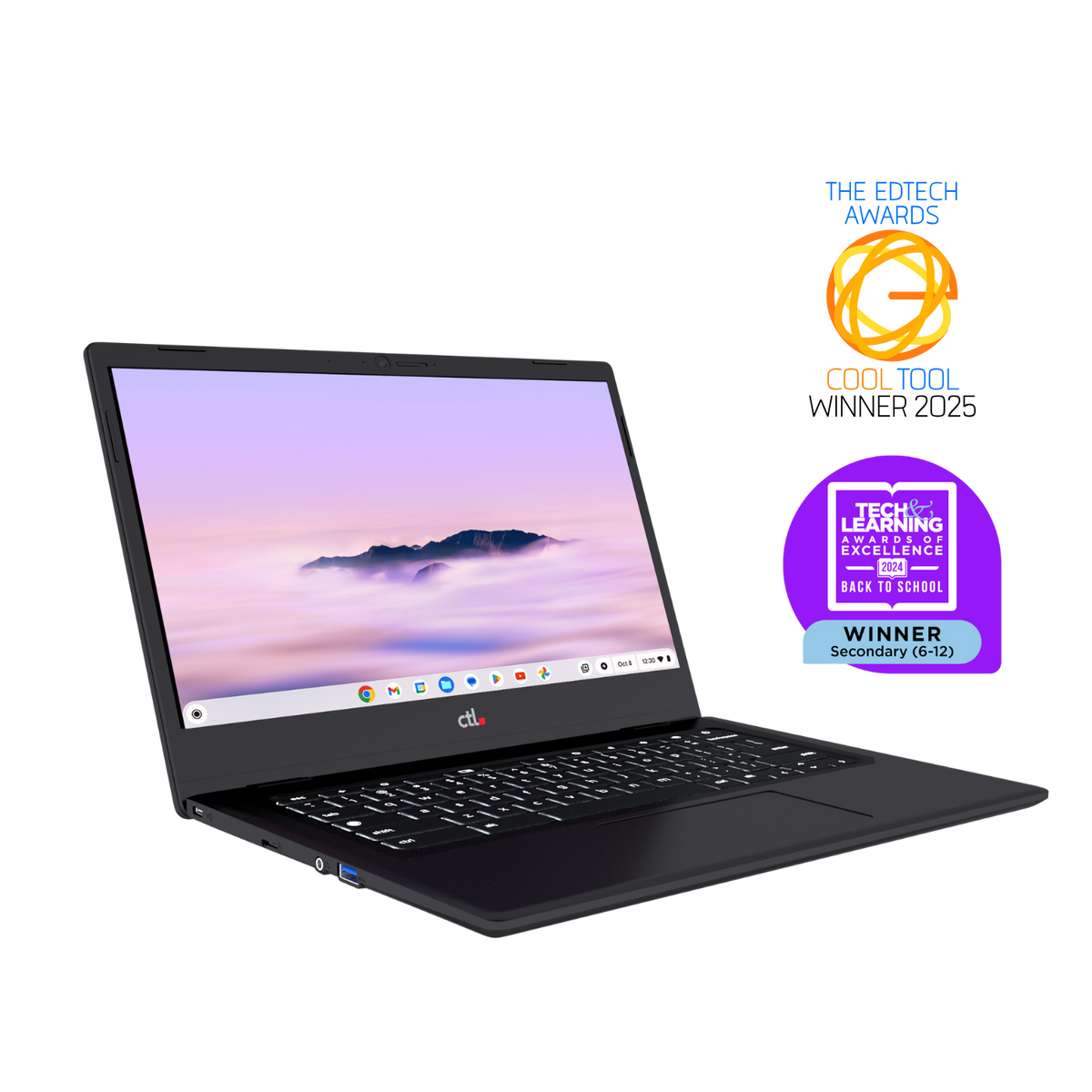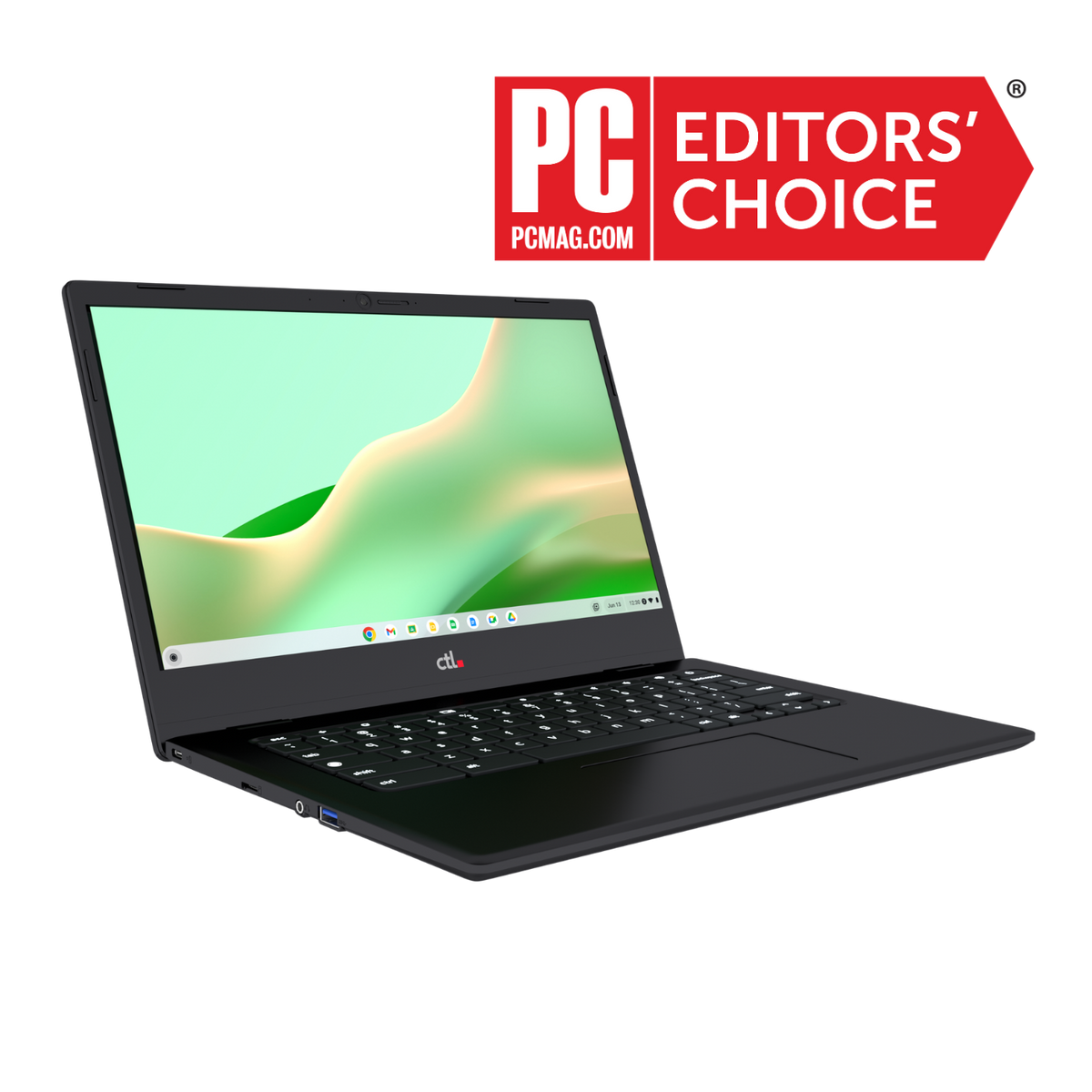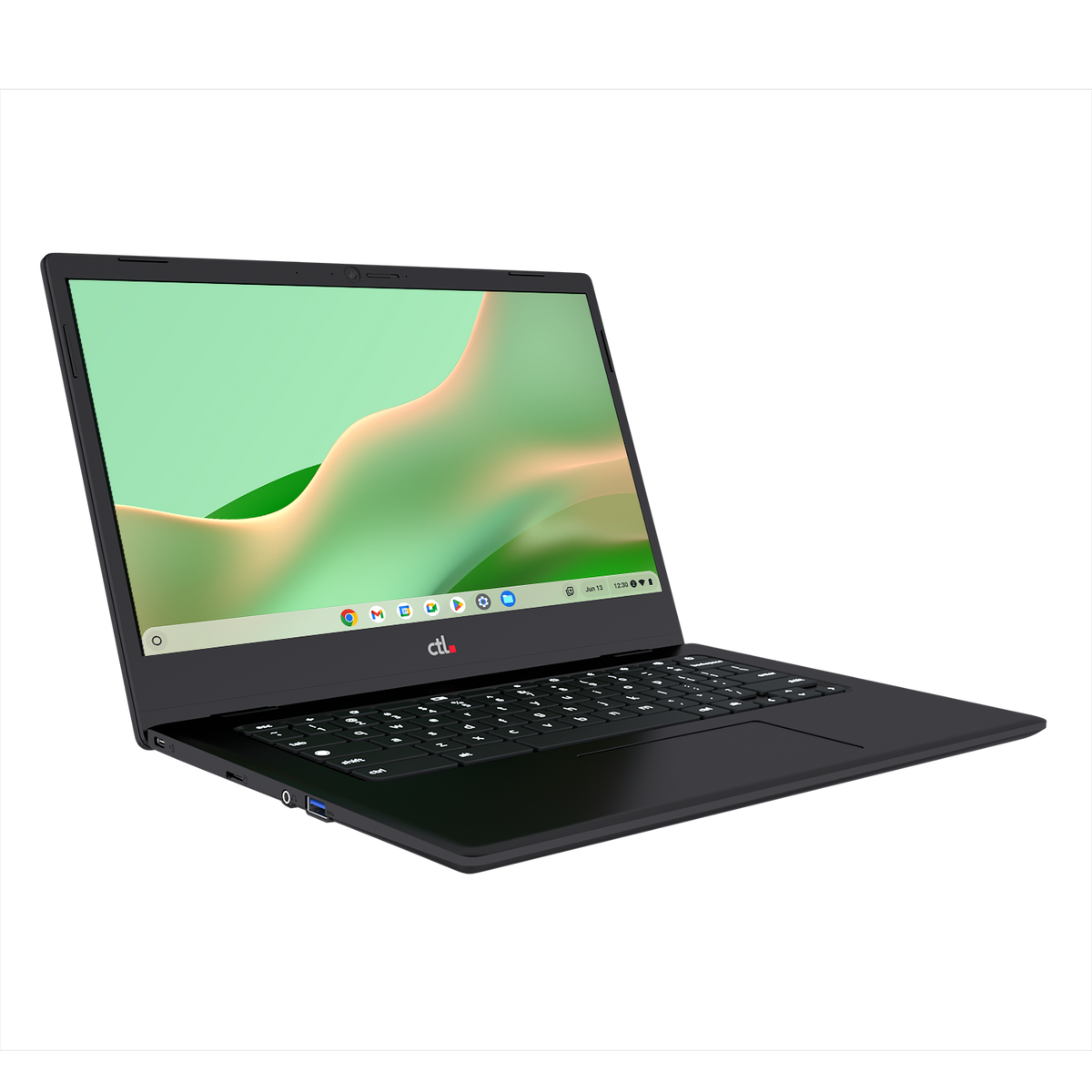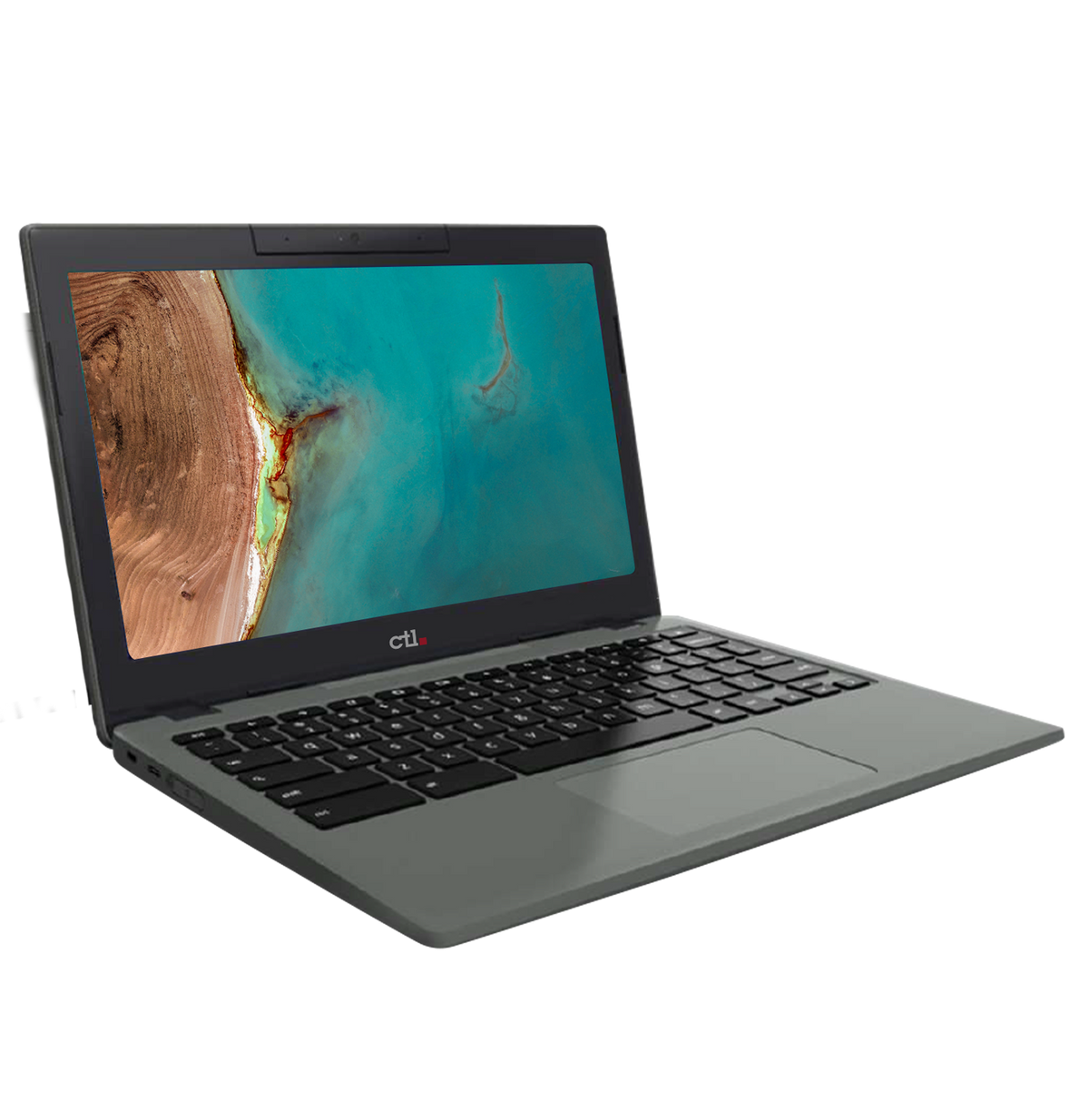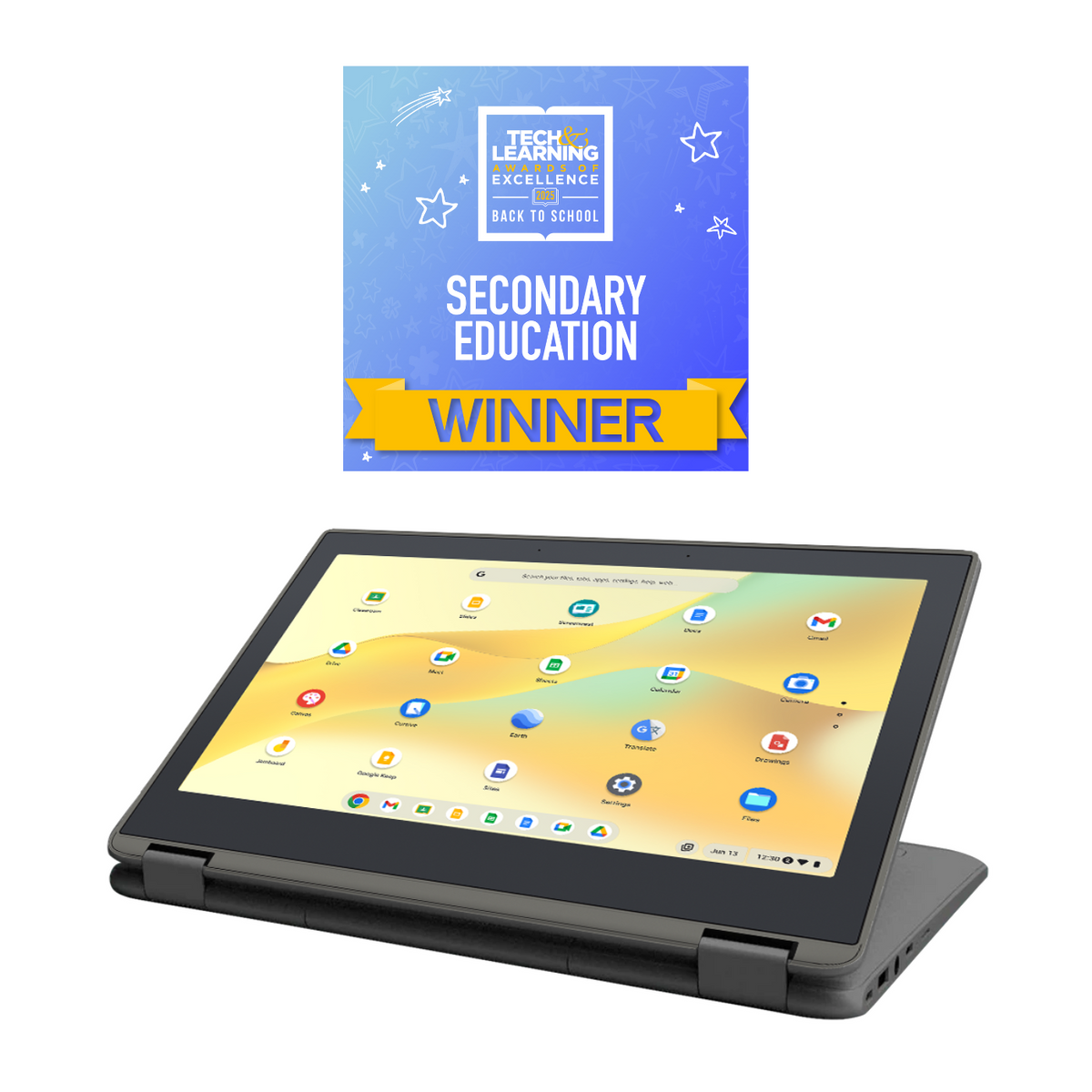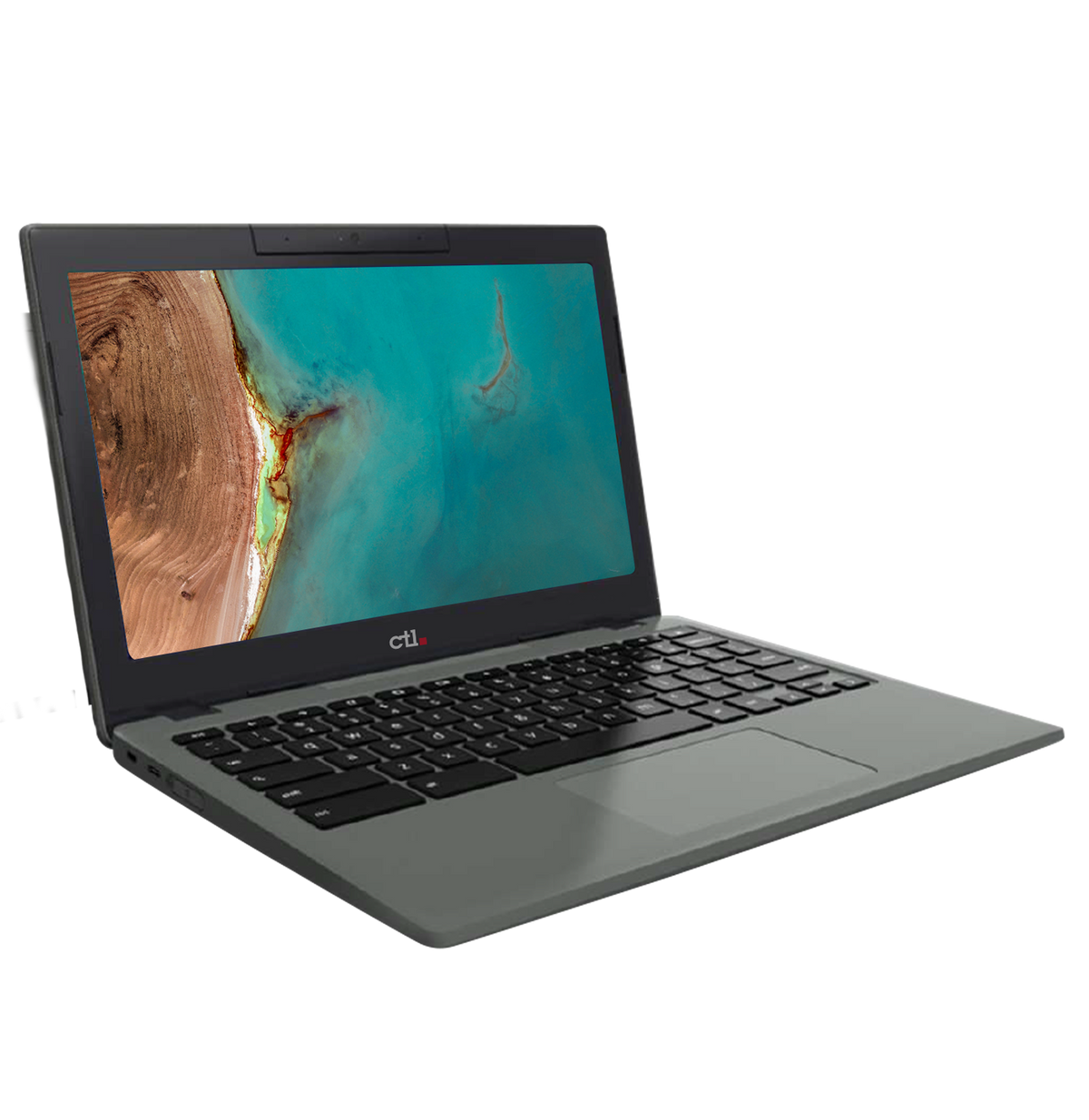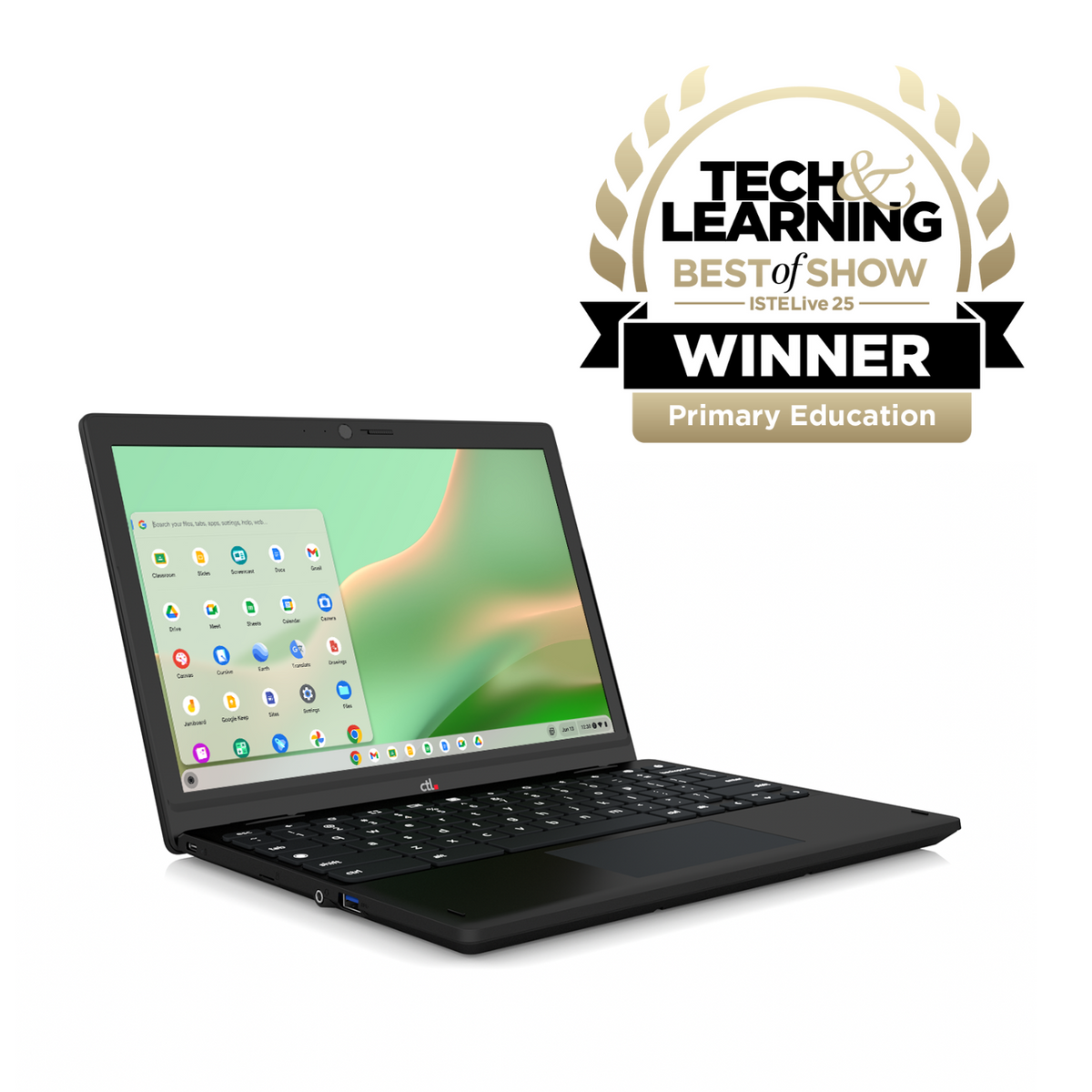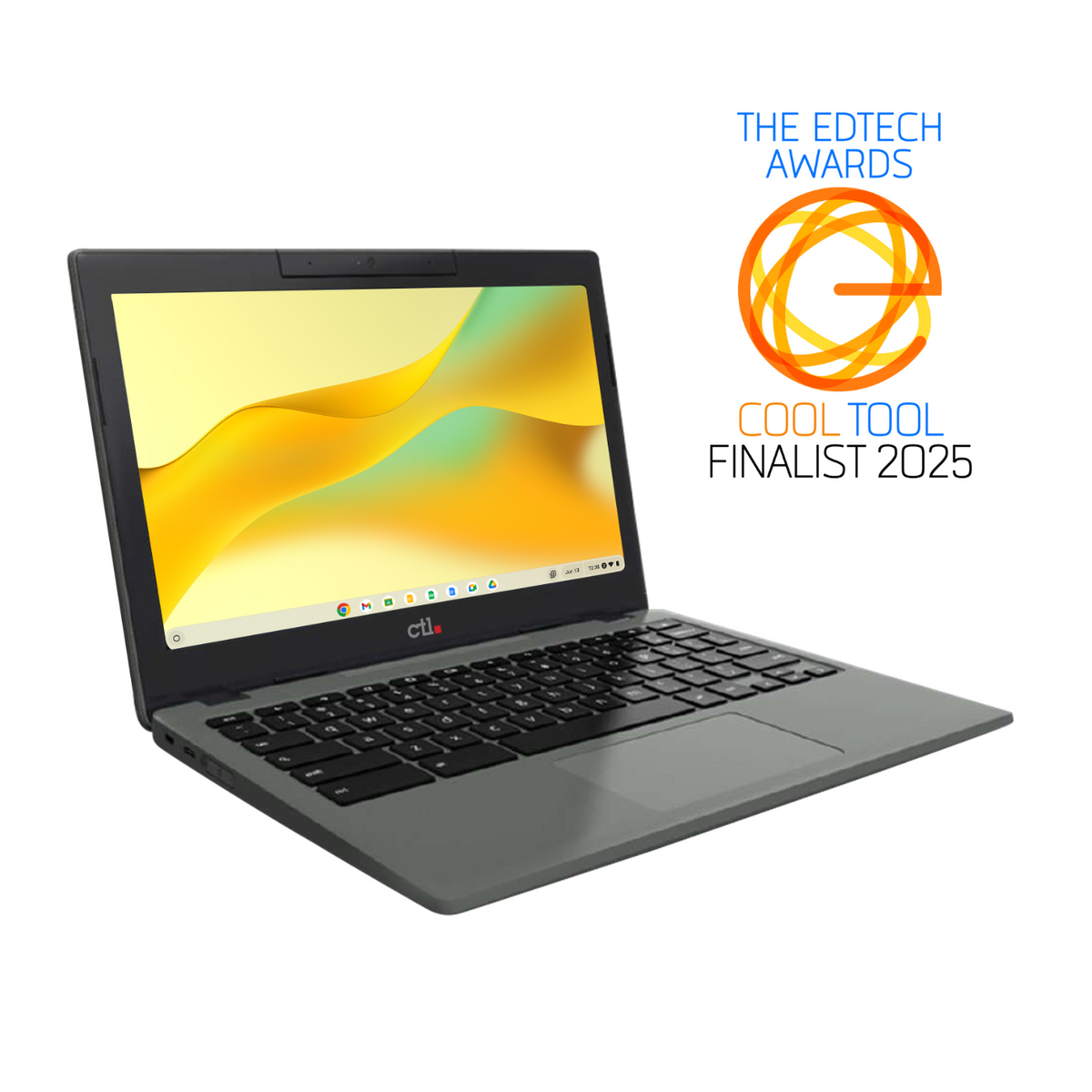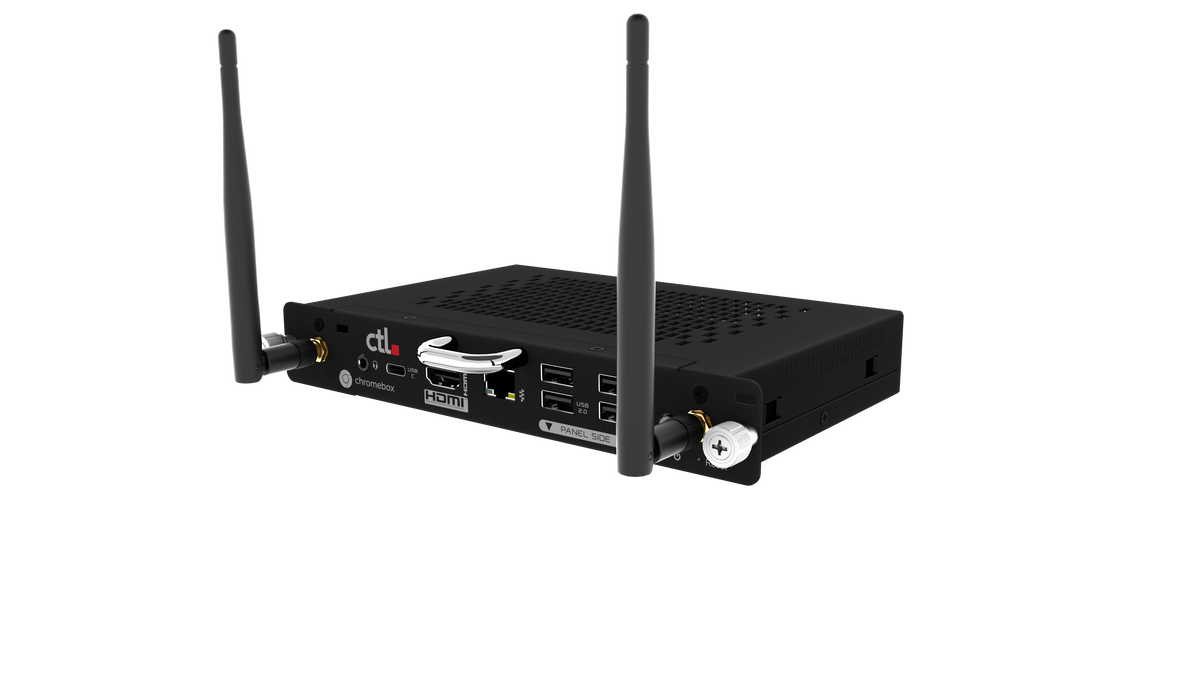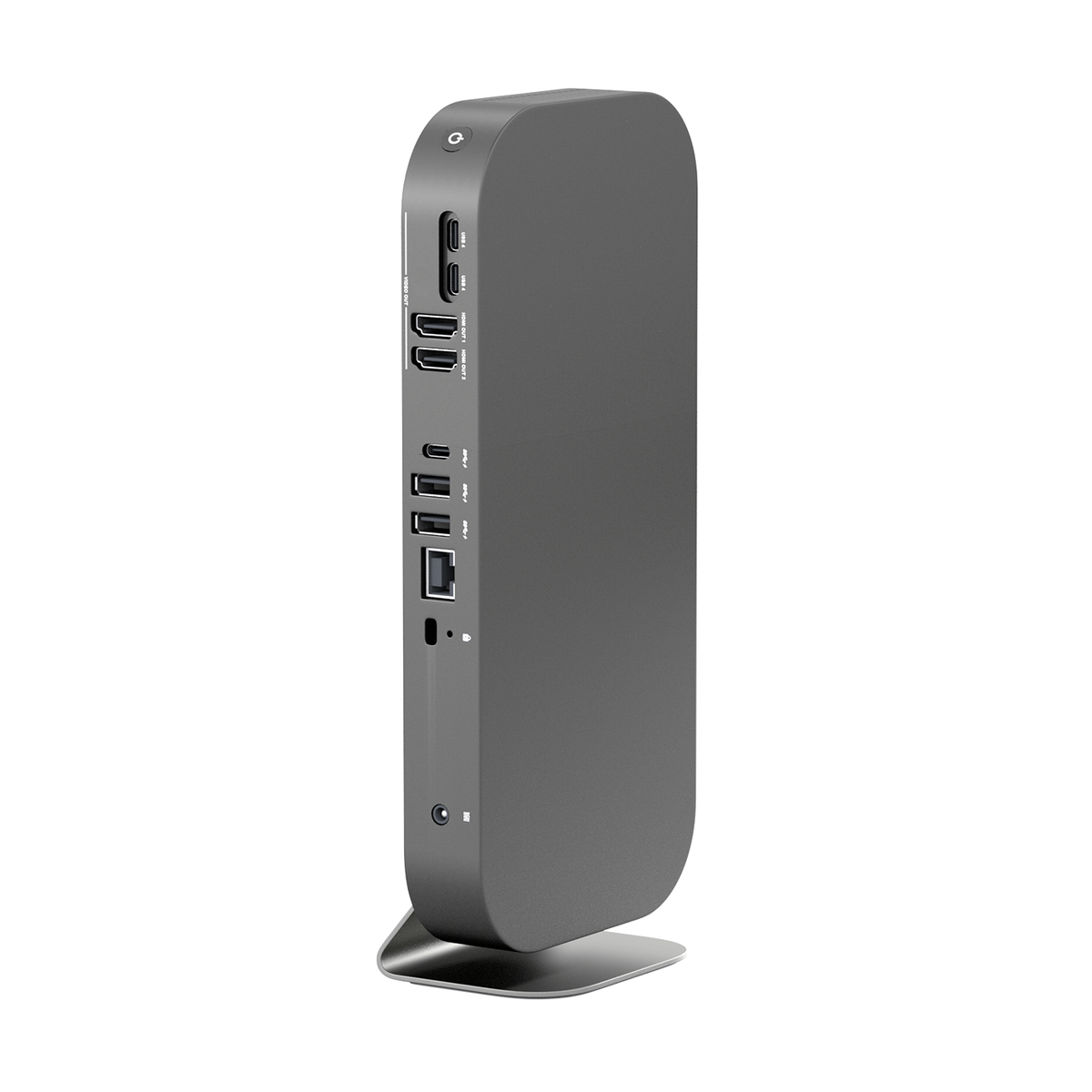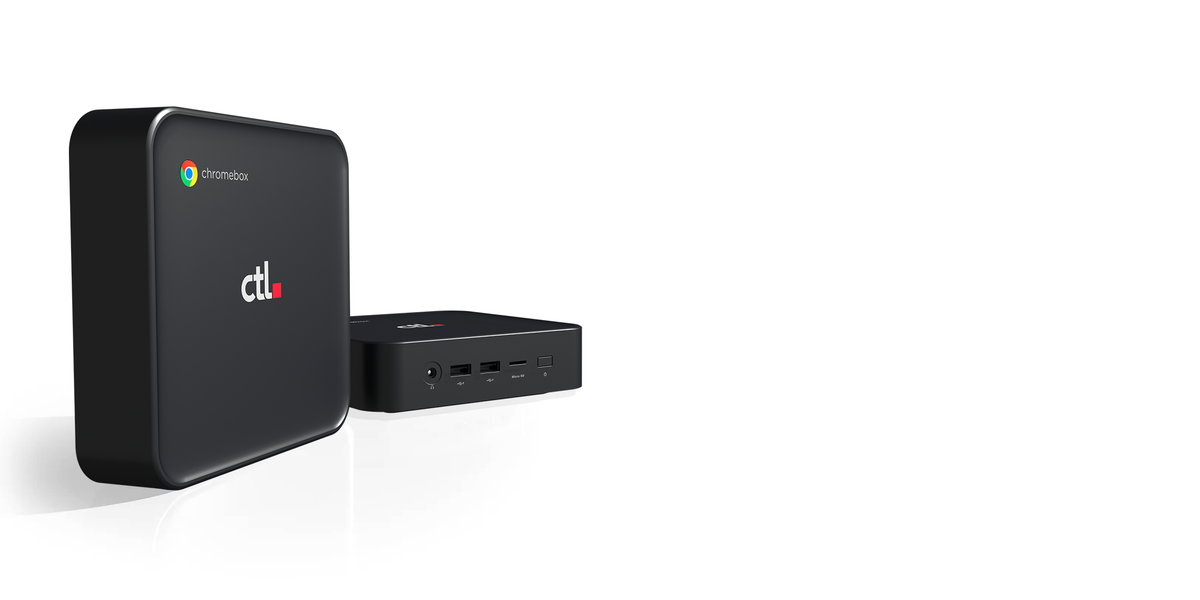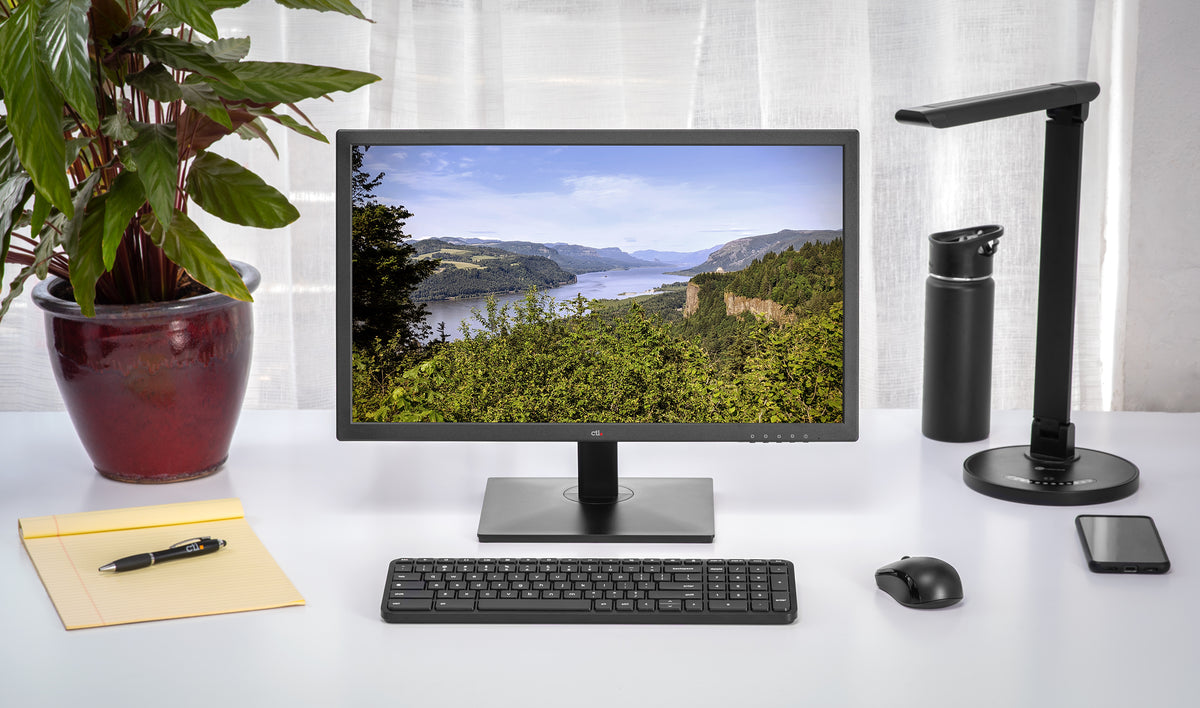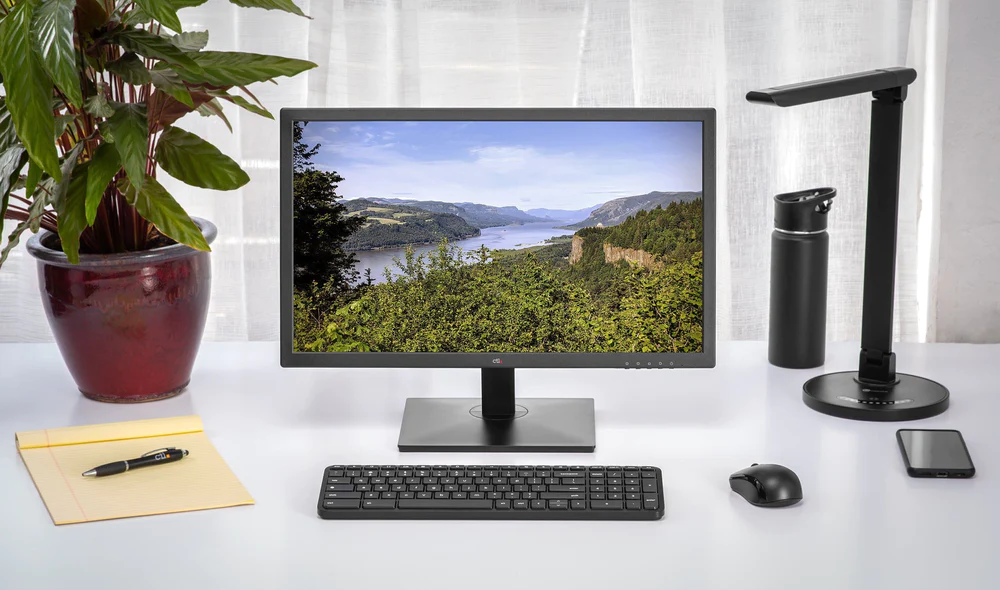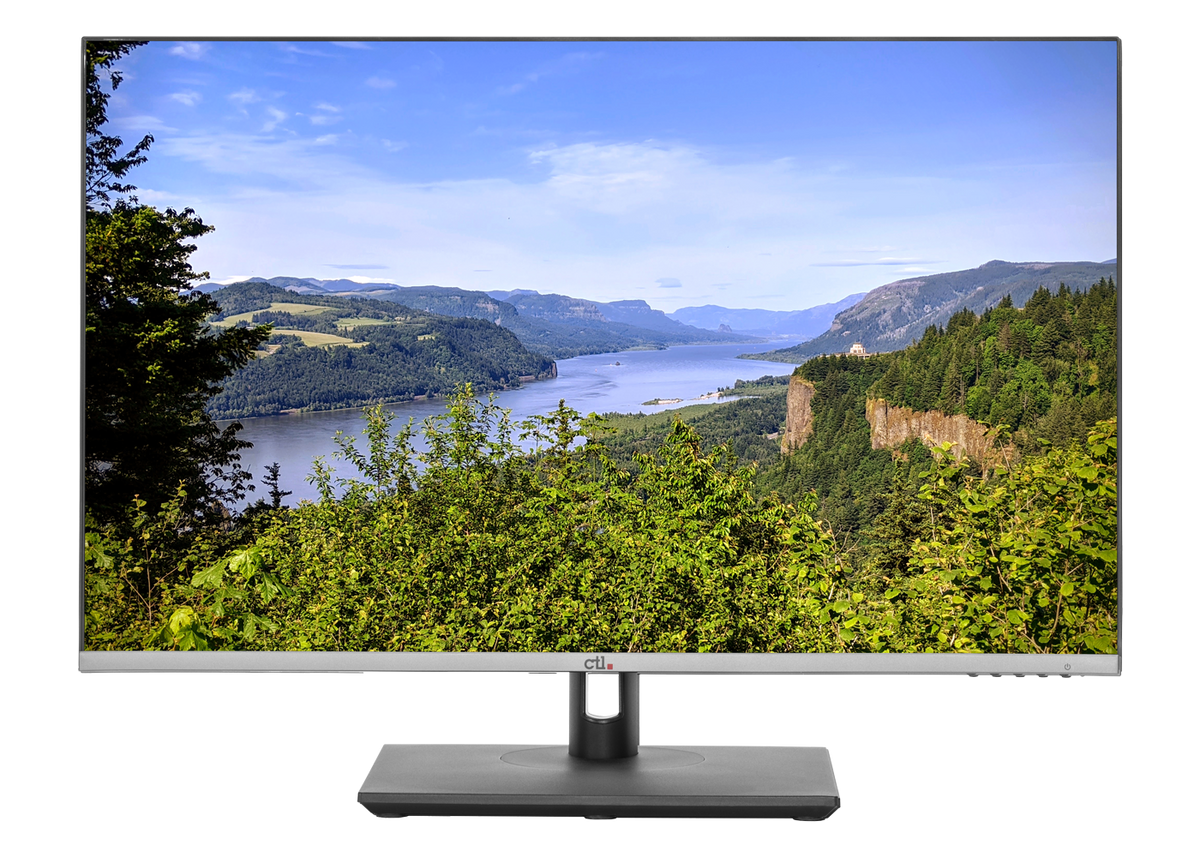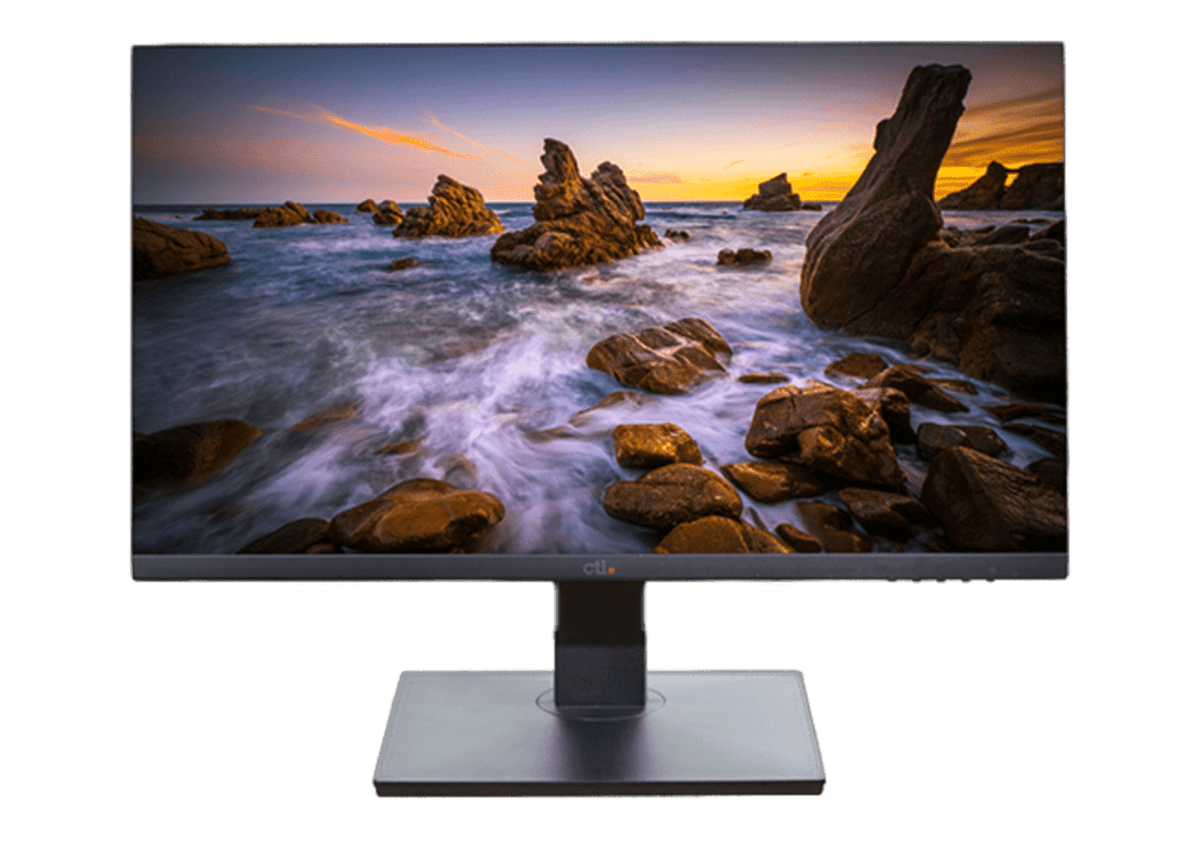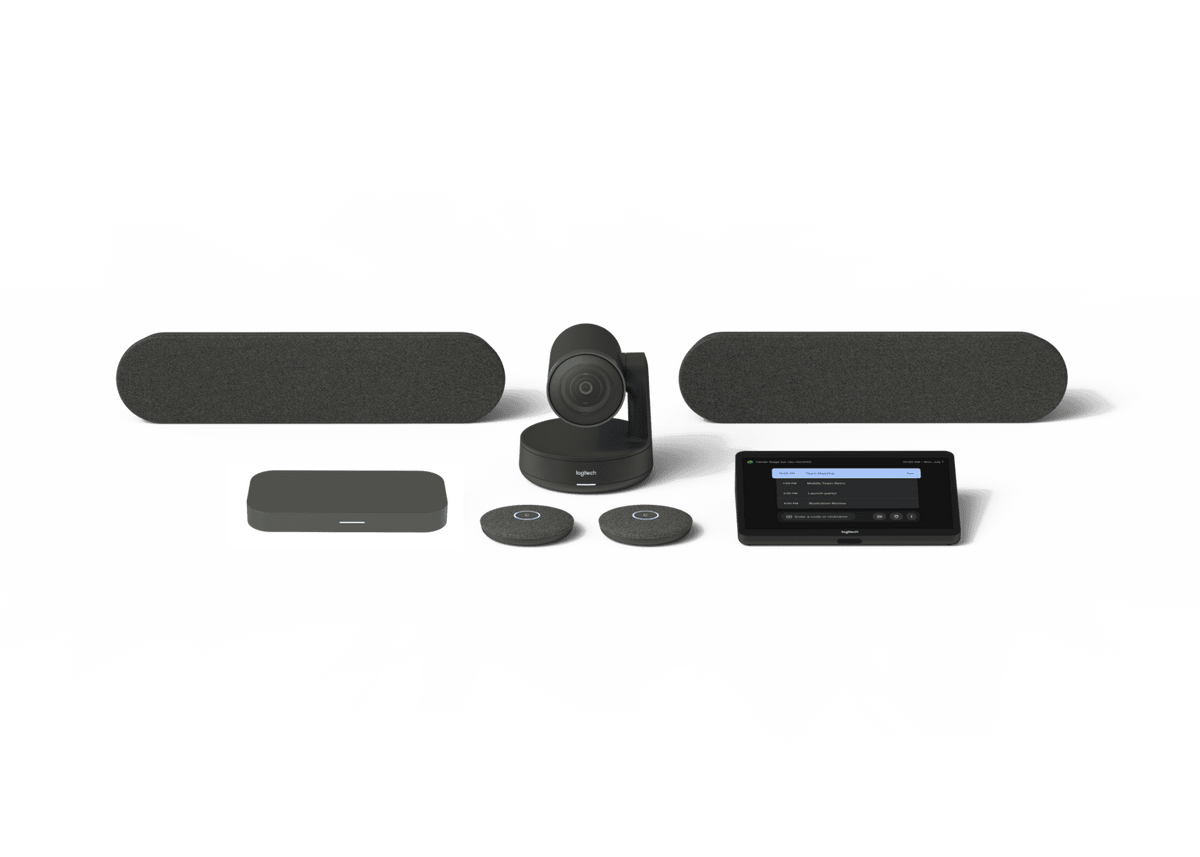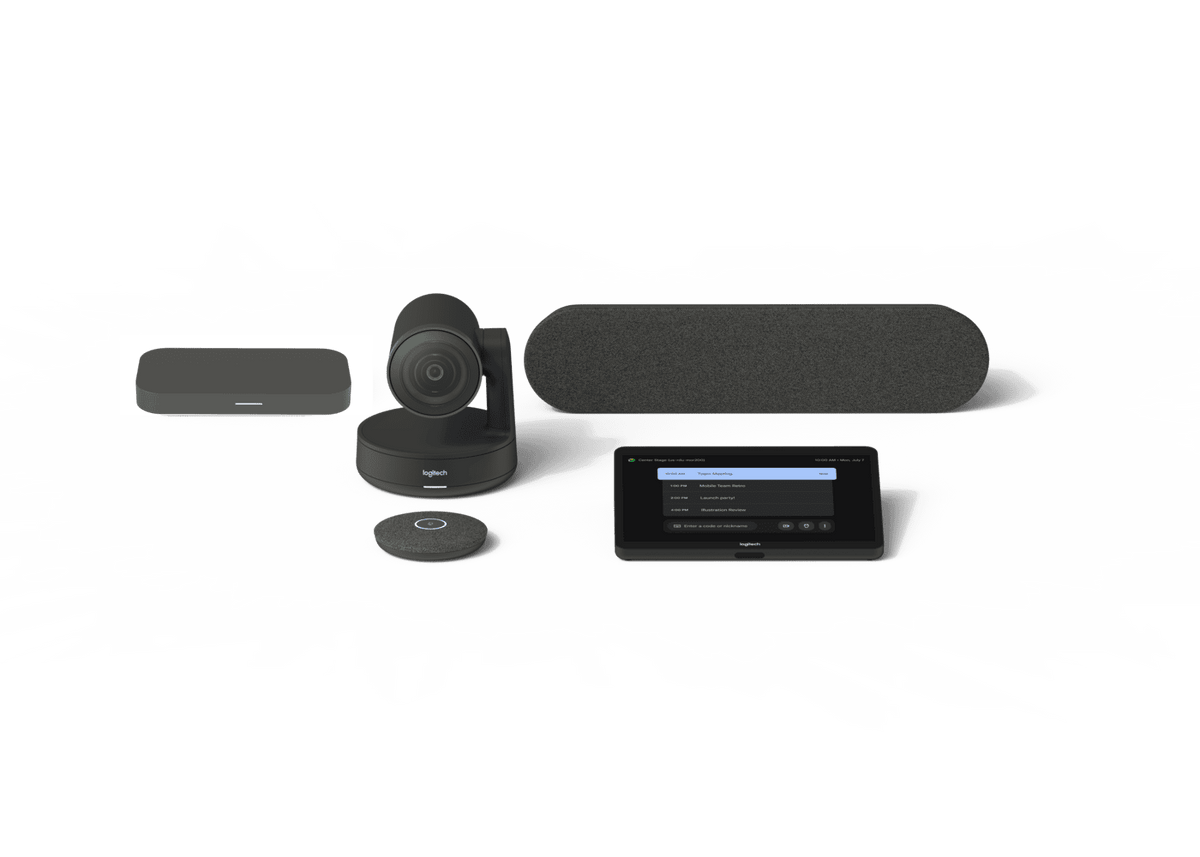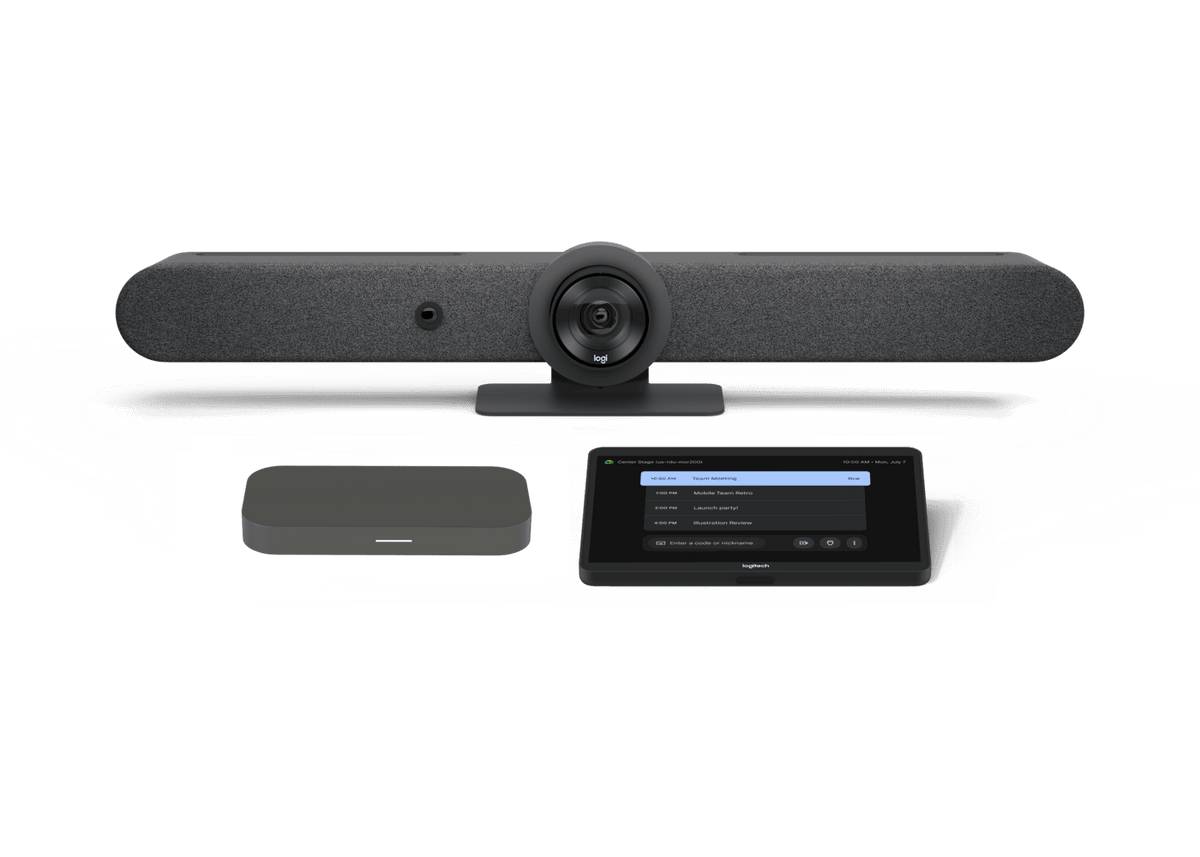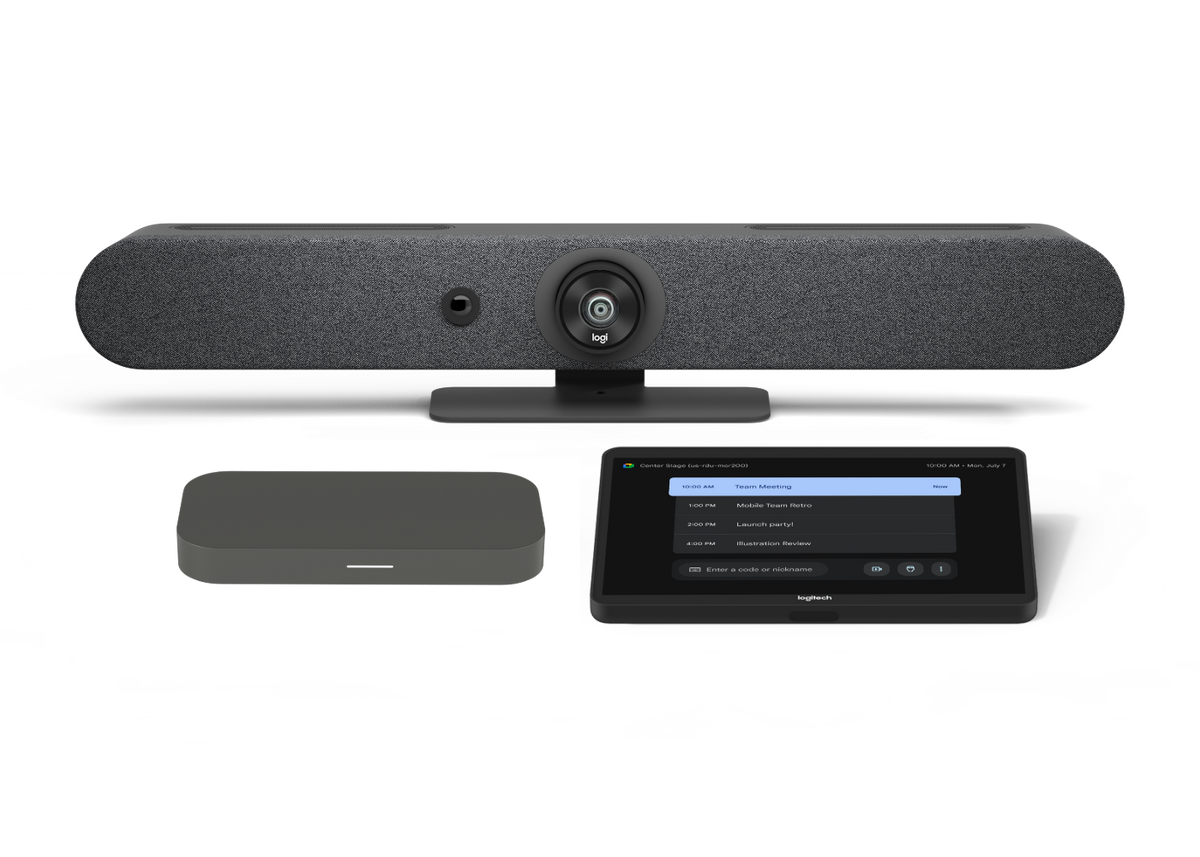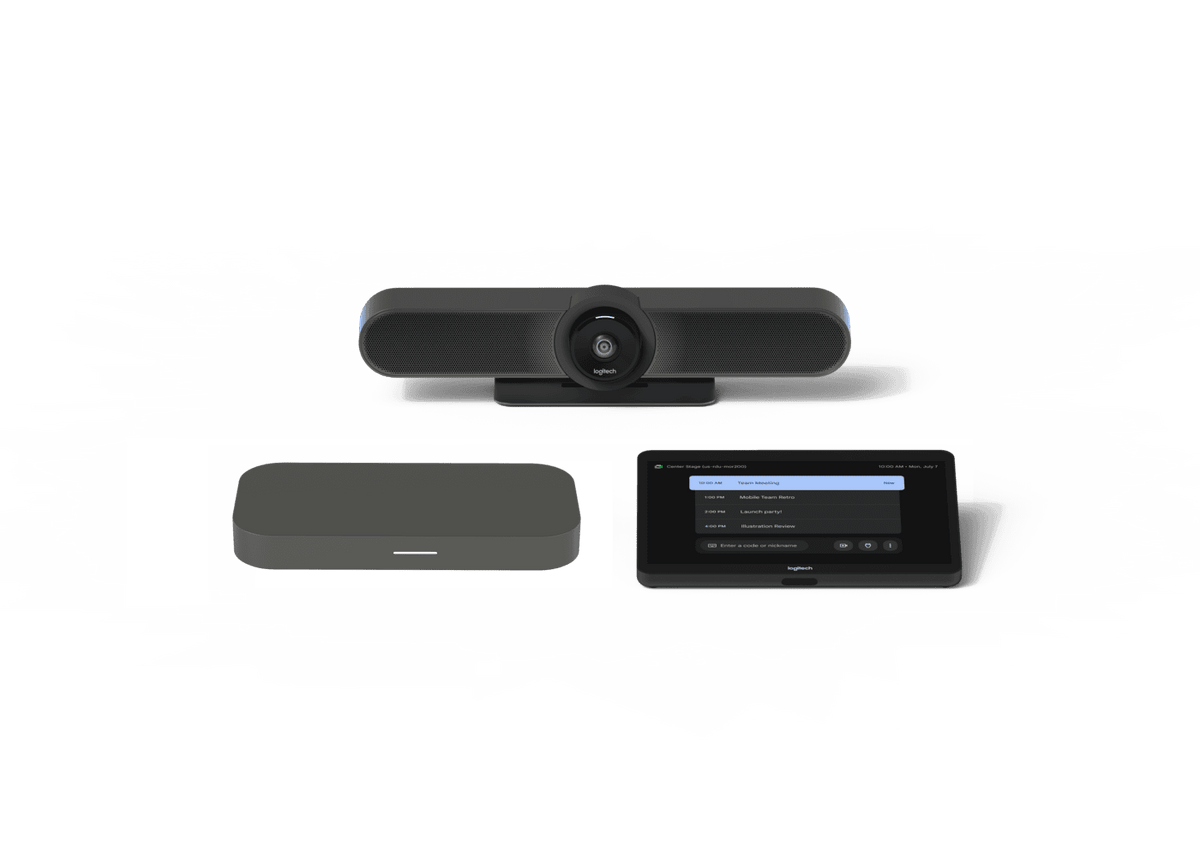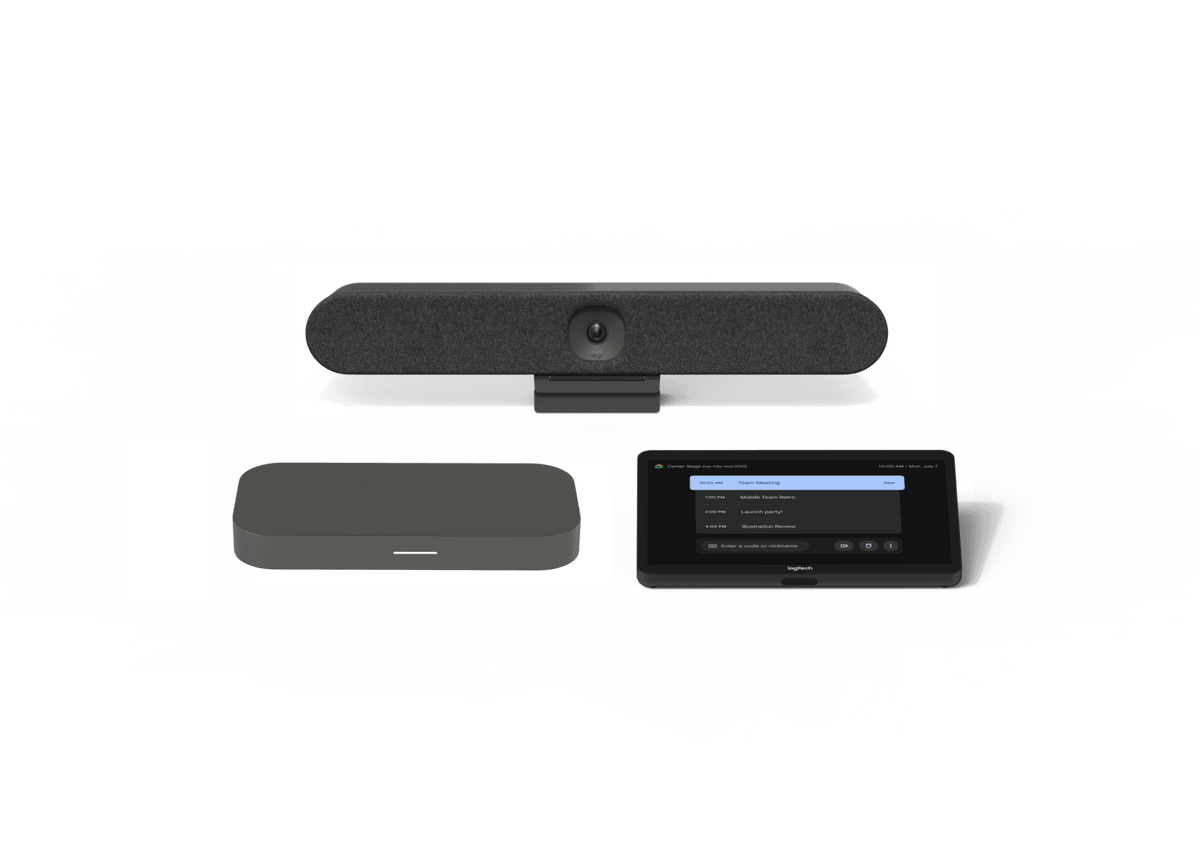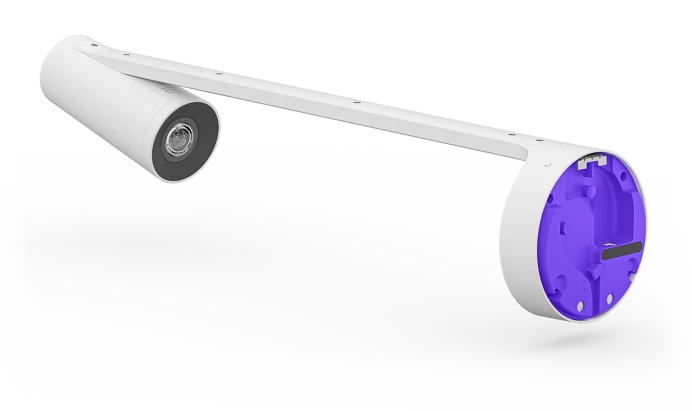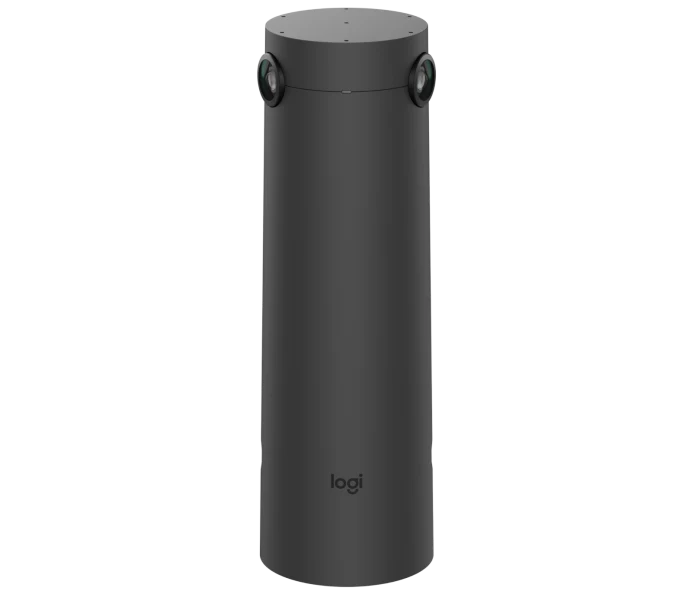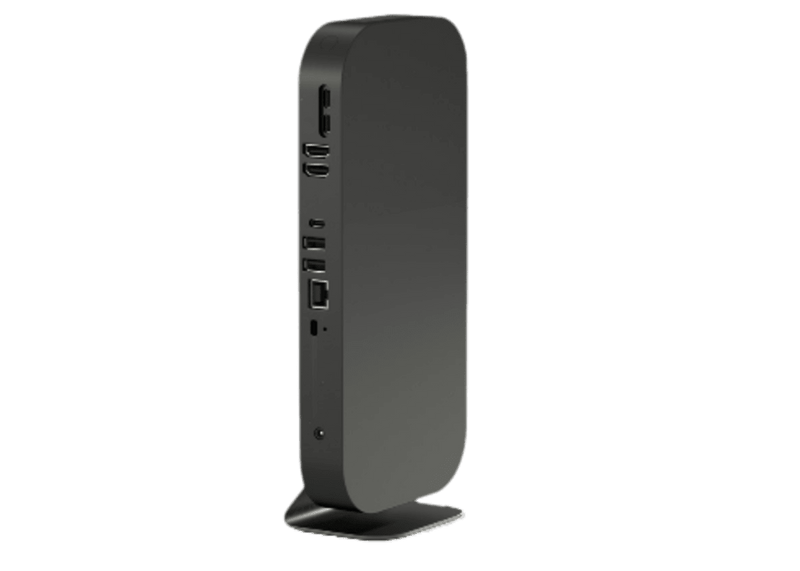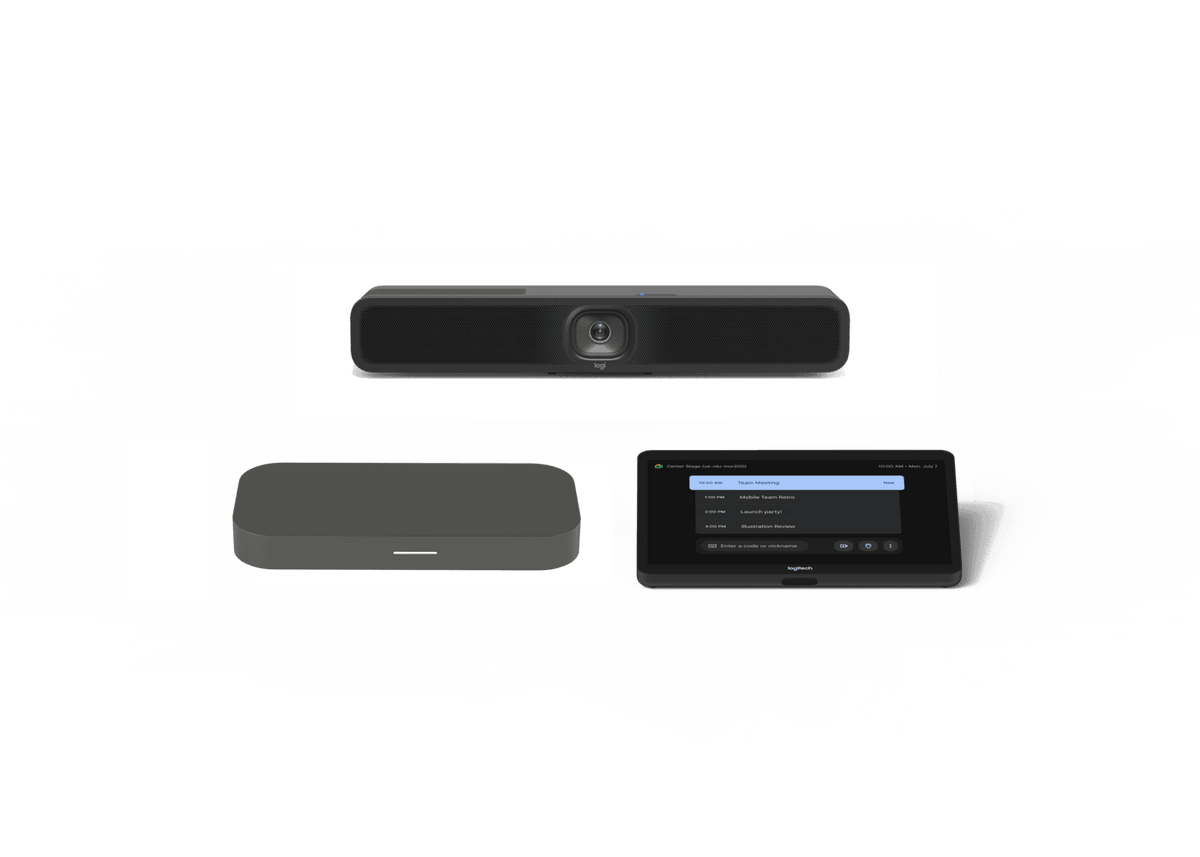CTL’s Chromebook and ChromeOS Trends for 2024
Recently, the leaders at CTL, a global cloud computing manufacturer of ChromeOS devices, got together to discuss the top trends they’re experiencing and are excited about as we transition to 2024. Here are CTL’s opinions of what’s new and next for Chromebook cloud computing solutions in 2024.
Chromebook Technology Trends
Mobile computing solutions are continually evolving, and Chromebooks are no exception. Every year, we can look forward to new features and advancing capabilities, but CTL believes several other macro trends are worth a look beyond the typical device feeds and speeds.
1. Sustainability Concerns Will Drive Innovations in Chromebook Manufacturing and Deployment
Designing for Sustainability. As with most electronic products, designing for sustainability is an escalating trend, and CTL increasingly receives requests to help customers buy Chromebook devices and help manage their entire lifecycle. According to Erik Stromquist, CTL CEO, “Sustainability is an essential component of the device purchase conversation now. Customers like school districts struggle to manage ecosystem maintenance with limited budgets and resources. We’re increasingly asked to step in with programs covering everything from recycling to refurbishment and repair to future replacements. Because of this increasing demand, we now design for sustainability and circularity from the beginning. We take responsibility for the entire product lifecycle because it’s the right thing to do.”
Enabling self-repair programs. In addition to manufacturing new Chromebooks with recycled materials, CTL sees self-repair programs on the rise and critical to the longevity of use. Jeremy Burnett, Vice President of Technology at CTL, said, “We’re experiencing escalating demand for self-repair capabilities. Some minor repairs can be completed in 15 minutes or less. Changing a battery, keyboard, Wi-Fi card, etc., can be quick and easy. To serve this increasing trend, we plan on a new series of video tutorials and written instructions for self-repair that will launch in 2024.”
“We see that customers like school districts are using self-repair capability in new and inventive ways,” says Stromquist. Jason Eyre, CBRS Private LTE Pioneer and Technology Department Coordinator of the Murray City School District, Utah, told CTL, “We have interns who come every day after school to repair anything necessary across our fleet of Chromebooks, using standard parts. We like that the CTL Chromebooks are built out of industry-standard components, easy to service, and work well out of the box. This makes it easy for us to set up in-house repair and refurbishment while simultaneously providing hands-on education and training to our student interns.”
“Sustainability concerns will give rise to innovative Chromebook rental, refurbishment, and repair programs.”
~Erik Stromquist, CEO, CTL
Chromebook rental programs for sustainability. Another sustainability trend is the increase in device rental programs, such as CTL’s “ChromeOS-as-a-Service” program. Increasingly, manufacturers will assume the maintenance and repair costs on behalf of the customers and invest in the essential recycling and refurbishment resources at the factory. “Customers want to ensure their students and workforces have access to the latest technology advantages while managing risk,” observes Stromquist. “By renting instead of buying devices, they don’t have to be concerned with maintenance or recycling themselves. We’ve invested in the infrastructure to ensure responsible sustainability for them.”
Examining supplier relationships for sustainability. Manufacturing Chromebooks for sustainability will increasingly extend beyond the manufacturing floor, according to Stromquist. “As a computer manufacturer, we’re looking at responsible sourcing for parts and labor, and our factories are responsibly managing their water and energy resources. But beyond that, choosing the right supply chain partners is key. Are they using recycled materials and adhering to the Forest Stewardship Council guidelines for packaging, for example? We are responsible for ensuring our suppliers are also meeting our requirements for sustainability, which may include membership in the Responsible Business Alliance or earning a Green Business Benchmark designation. Our goal for 2024 is to communicate our sustainability requirements to 100% of our supply chain.”
2. 5G Will Bring Easier, Faster Anywhere, Anytime Connectivity to Mobile Devices in K12 and Healthcare
Chromebooks already offer LTE connectivity capability for private network connections to eliminate the need for hotspot connections while away from Wi-Fi. However, Stromquist sees a revolution on the horizon with 5G networks from mobile carriers, delivering faster speeds, lower latency, and the ability to connect more devices affordably. The industry widely believes this next year will see the initial uptick in 5G rollouts as they begin to replace LTE and Wi-Fi networks in the years ahead.
“We see a huge opportunity for affordable 5G devices in K12.”
~Erik Stromquist, CEO, CTL
“We see a huge opportunity with affordable 5G for computing devices. Imagine having an affordable 5G solution where you could consider a private network or eliminate Wi-Fi and rely on carrier-based service. We’re starting to have conversations with innovative school districts and government CIOs looking to deliver wider connectivity for inclusion and digital equity. For healthcare, too, they can cut the wires and do everything with carriers for a mobile advantage. The cable-cutting trend at home will also happen at work and school.”
3. Chromebooks and Cybersecurity: A Look Ahead
“Fighting AI attacks with AI prevention is the new necessity.”
~Jeremy Burnett, VP of Technology, CTL
Hand-in-hand with connectivity is the ever-present game of cat-and-mouse with cybersecurity. Looking ahead, Burnett considers AI the biggest game-changer in planning for cybersecurity attacks, ransomware, and other malicious intent. “There’s a legitimate concern on the AI side with risks to company and education networks. With the new levels of AI sophistication, I think risks must be mitigated beyond the typical training provided by IT. We’ll need to deploy tools that stay current with attacks automatically. Fighting AI attacks with AI prevention is the new necessity.”
To mitigate this, CTL is exploring next-gen partnerships with cybersecurity software vendors that can be included on CTL Chromebooks. “Our vision is that starting this year, we will offer the option to pre-configure all devices with AI-driven cybersecurity threat detection and prevention software,” said Burnette. “We’re looking to improve security for ransomware and multi-factor authentication fraud. Stay tuned for announcements from CTL on that.”
Chromebook and ChromeOS Trends in Education
In 2020, Chromebooks took off as the pandemic took hold. Schools scrambled to get devices in the hands of each student to aid in at-home learning. Fast forward to 2024, and several clear trends are emerging.
1. Schools will replace their aging fleet of Chromebooks this year
The performance of older devices is waning while access to new technologies, such as AI-driven apps, is accelerating. Assuming funding, according to Michelle Manson, CTL’s VP of Marketing, “Schools will future-proof their tech with the newest Chromebooks that offer the performance required to leverage new tool sets like generative AI.”
“Schools will future-proof their tech with the newest Chromebooks that offer the performance required to leverage new tool sets like generative AI.”
~Michelle Manson, VP of Marketing, CTL
Google is addressing this trend by recently extending its Automatic Update policy to cover ten years on certain devices. According to Google, “Automatic updates provide the latest features, keep the device secure, and are applied across the operating system, browser, and hardware.”
According to CTL’s Stromquist, “We see an uptick in interest for the coming buying season in the education sector. By replacing aging Chromebooks now, schools can ensure a longer life in the future, with these policies extending up to ten years, depending on the model. There’s a significant advantage to purchasing this year.”
2. Schools will extend their ChromeOS devices to teachers, staff, and administrators
Chromebooks are not just for students anymore. Originally deployed because of their affordability, integration with the Google software suite, and performance for cloud-based applications, CTL now sees those advantages extended to others in the school environment. “Schools have invested in Google Workspace and want to integrate hardware seamlessly. We see an escalating trend of offering devices beyond students to teachers, staff, and administrators,” explained Stromquist.
Amber Watkins, Vice President of Sales for CTL, also predicts that the release of Chromebook Plus will drive much of the anticipated adoption in the K-12 environment. “Chromebook Plus will usher in a new era of possibilities for teachers and administrators. There’s a strong need for more powerful laptops in education, and we anticipate that Chromebook Plus, as it evolves, especially with AI capabilities, will meet a wider set of needs in K-12. It will be a distinct advantage for teachers and students to be on the same system. For IT administrators, they can look forward to cost savings, security enhancements, and easier device management with Chromebook Plus.”
“Chromebook Plus will usher in a new era of possibilities for teachers and administrators.”
~Amber Watkins, VP of Sales, CTL
3. School funding and maintenance for Chromebooks will get creative
For 2024, CTL predicts refreshed Chromebook programs with new and innovative funding and maintenance models to continue to deliver 1:1 digital equity for students.
Funding during the pandemic was plentiful due to government-supported programs in the U.S. However, much of that funding is no longer available, and in 2024, it is up to the schools to discover new ways of delivering digital equity.
Local Government-District Partnerships. In one recent example, the school district in Tukwila, Washington, partnered with the City of Tukwila to access some grant funding. This city government-district partnership resulted in implementing a private LTE program, in partnership with Federated Wireless and CTL, for the Chromebook LTE-enabled hardware to deliver access for all students to learn and do homework from wherever they are.
“Internet for All is needed.”
~ Allan Ekberg, Mayor, City of Tukwila, WA
At the ribbon-cutting ceremony to celebrate the new Student Private LTE network launch at The Sullivan Center in Tukwila, Mayor Allan Ekberg handed out the first few CTL Chromebooks to students. In his opening speech, he described the challenges: “Many families could not afford basic internet services at home. As a result, students camped outside the local King County Foster Library, tapping into the free Wi-Fi to complete online homework assignments. ‘Internet for All’ is needed, and our Technology and Innovation Services management worked to bridge Tukwila’s digital divide. This new network and Chromebooks will support the educational enrichment of our students, and we thank our partners for joining us in this wonderful endeavor.”
The project was funded by a $1.4M grant from the Washington State Department of Commerce and administered through the Washington State Broadband office. Initially, 400 students will receive Chromebooks from the Tukwila School District. The network can support up to 1,200 students in preparation for future growth.
CTL’s Michelle Manson attended the ceremony to help launch the program. “It was extremely energizing to see first-hand the benefits of a creative funding approach to solve an urgent need for student online access. As the students powered up the Chromebooks on the new system, I saw the delight and excitement in their eyes. We predict more schools will deploy Chromebooks on LTE private networks to deliver internet access to all students, funded through creative partnerships,” said Manson.
“We predict more schools will deploy Chromebooks on LTE private networks to deliver internet access to all students, funded through creative partnerships.”
~Michelle Manson, VP of Marketing, CTL
Shifting from Purchase to Leasing Programs. Students can be hard on Chromebooks, no matter how ruggedized. In Aurora, Colorado, the Aurora School District partnered with CTL and Intel to pilot a new program in which devices were leased instead of purchased, dubbed “ChromeOS-as-a-Service (Caas).”
By using a CaaS model rather than a traditional purchase, Aurora was able to deploy powerful CTL NL72TW Touchscreen Chromebooks powered by Quad-Core Intel® Celeron® N5100 processors and Intel® Wi-Fi 6, allowing them to reduce costs, better manage their Chromebook fleet, and ease the burden of their IT personnel.
“Chrome-as-a-Service enables us to be innovative in how we deploy and support more capable devices for our students and sustain an effective 1:1 digital learning environment.”
~Becky Fossum, Director of Innovation Technology, Aurora Public Schools
“The advantages that Chromebook rental programs can provide for school districts are immense,” Stromquist explains. “Students receive access to the latest technology, and school districts avoid the cost and hassle of maintenance and repair. It’s that simple, and we anticipate this program will take off in 2024 based on the success of this pilot and as schools are looking for affordable Chromebook refresh options.”
Chromebook rental programs like CTL’s also offer huge sustainability advantages. “With rental programs, we can ensure that devices are returned for refurbishment and recycling at 100%. This also helps us achieve our corporate sustainability goals,” says Watkins. “Schools will realize significant savings and can reallocate some of their IT budgets to other critical needs.”
4. Chromebooks will be increasingly adopted worldwide in 2024
“We continue to see escalating demand from new markets abroad, including Latin America, Africa, and Asia,” says Stromquist. “Chromebooks for students offer an affordable solution to deliver secure connectivity, greater collaboration, and access to learning resources. In countries around the world, the trend is that governments are increasingly looking to grant their students connectivity to bridge the global digital divide and graduate students who can compete with those from the most developed countries.”
ChromeOS Device Trends in Enterprise
CTL is witnessing an increased interest from enterprise organizations in addition to the education sector and predicts further growth in this area for 2024. According to Merrill Atwood, Vice President of Global Business Development and alliances at CTL, “Our small business and enterprise customers are seeing the advantages of moving to the Google ecosystem due to its security and ease of IT manageability.”
1. Companies will be equipped for video conferencing to deliver meeting equity
The hybrid work environment of today is driving upgrades in video conferencing equipment, including solutions powered by Google Meet. “Each company is making its own decision but will need to upgrade and update their video conference solutions. Technology upgrades will also be critical as companies strive toward meeting equity – allowing all participants to be on equal footing in the call. To deliver meeting equity, we see a trend to equip more rooms with Google Meet video conference hardware and technology. Whereas customers used to outfit just a few conference rooms, we’re seeing a trend to equip more and different types of meeting rooms with video conference technology in 2024.”
“To deliver meeting equity, we see a trend to equip more rooms with Google Meet video conference technology.”
~Merrill Atwood, CTL Vice President of Global Business Development & Alliances
2. Companies will increasingly adopt ChromeOS for the integrated ecosystem capabilities
The Google ecosystem offers a wide range of advantages from easy-to-use cloud-based products and services, to seamless integration, the ability to work from any device, ease of management for IT groups, and solid security.
“The advantages for a retail or restaurant customer, for example, are immense when they can standardize on one highly secure, highly affordable system to power the frontline worker in the store, the signage in the store, and provide an easy way to video conference with headquarters,” says Atwood.
In another example, the healthcare industry can benefit. “We’re seeing interest from healthcare providers. From hospitals to independent practitioners, they require integration – lobby digital signage, nurse workstations, and everything in between. It’s an advantage when these systems can work together flawlessly, with easy-to-maintain equipment and extremely secure systems,” concluded Atwood.
About CTL
CTL is a global computing solutions provider on a mission to empower success at school, the workplace, and home. For 30+ years, customers in more than 50 countries have relied on CTL’s award-winning offerings of Chromebooks, Chromeboxes, laptop and desktop PCs, monitors, high-end servers, digital signage, and video collaboration tools. CTL serves as a computing configuration partner to deliver customized solutions with comprehensive lifecycle support from purchase through buy-back and recycling. CTL’s expertise has earned designations as a Google Education Premier Partner, a Google Cloud Partner, and an Intel Technology Platinum Partner. For further information and to purchase products, visit ctl.net.
Media Inquiries
CTL is available for interviews to discuss these predictions. To request more information or time with a CTL executive, please email Michelle Manson mmanson@ctl.net.
